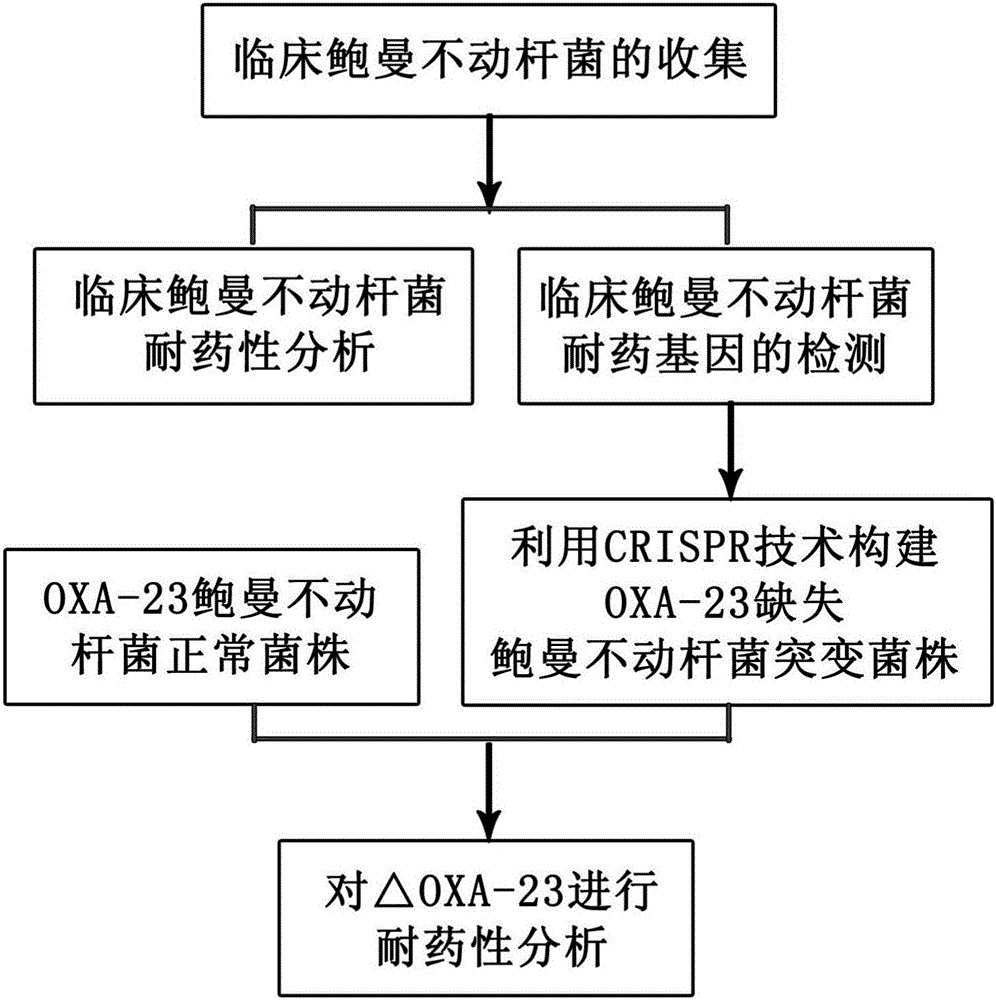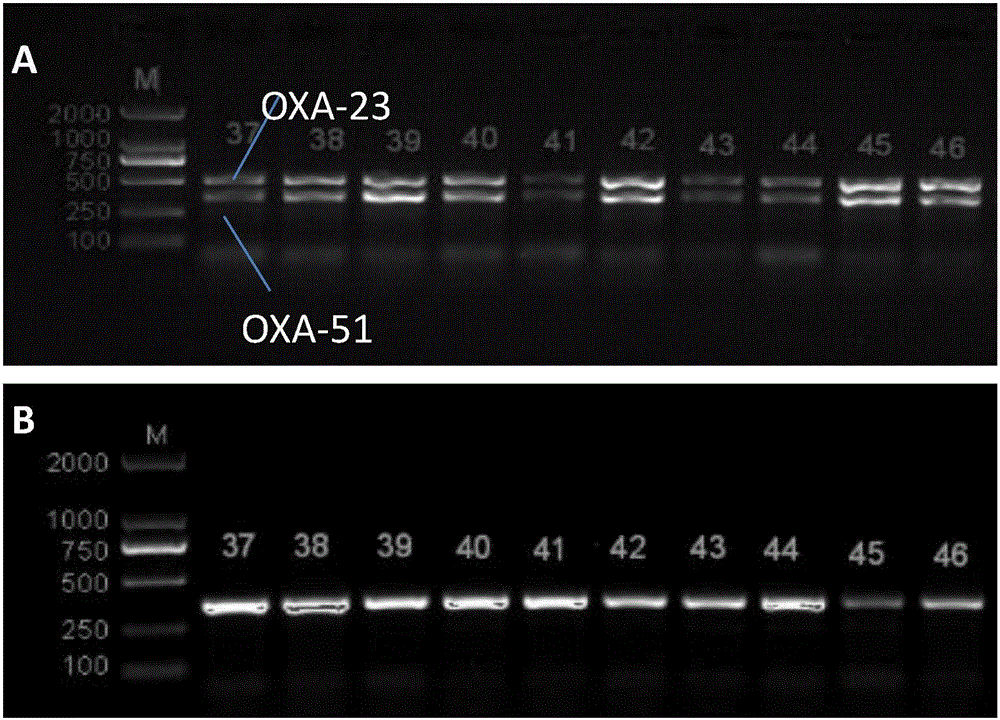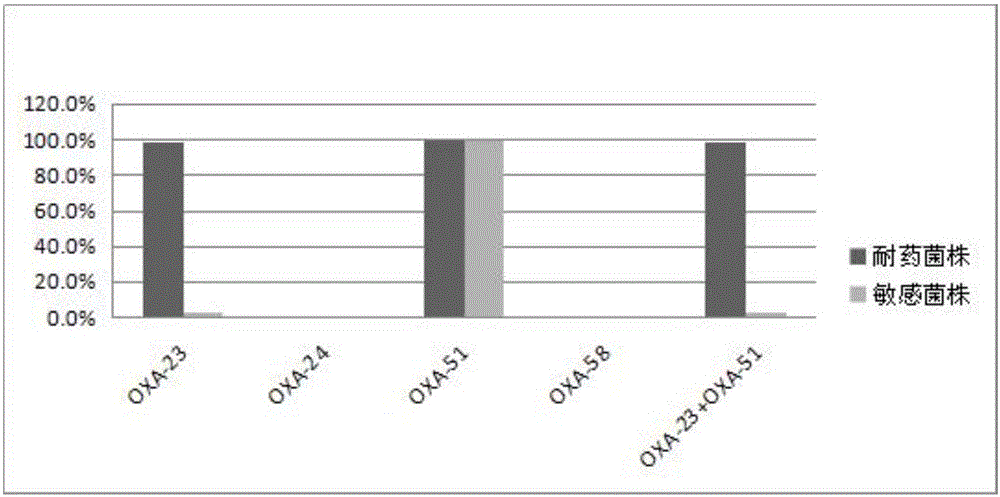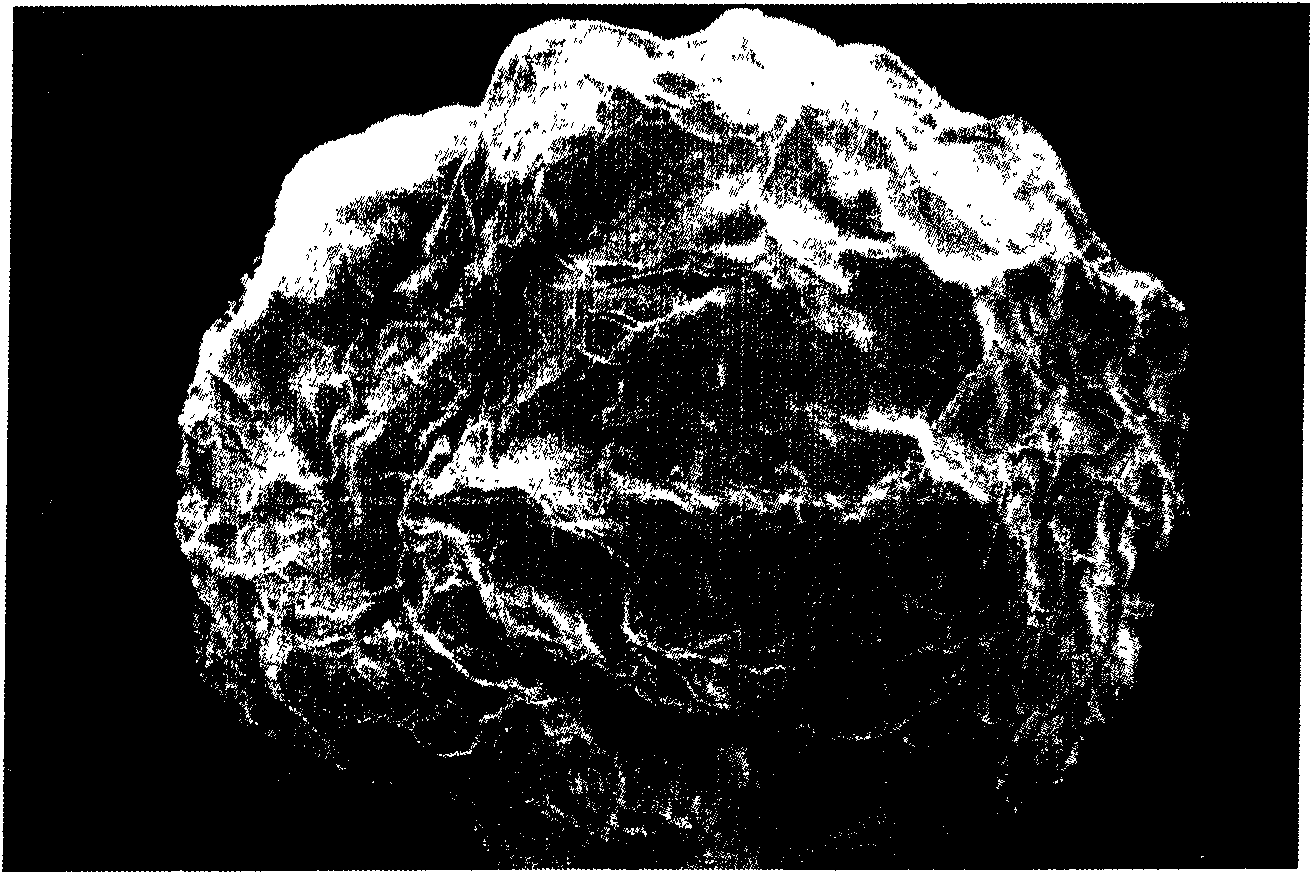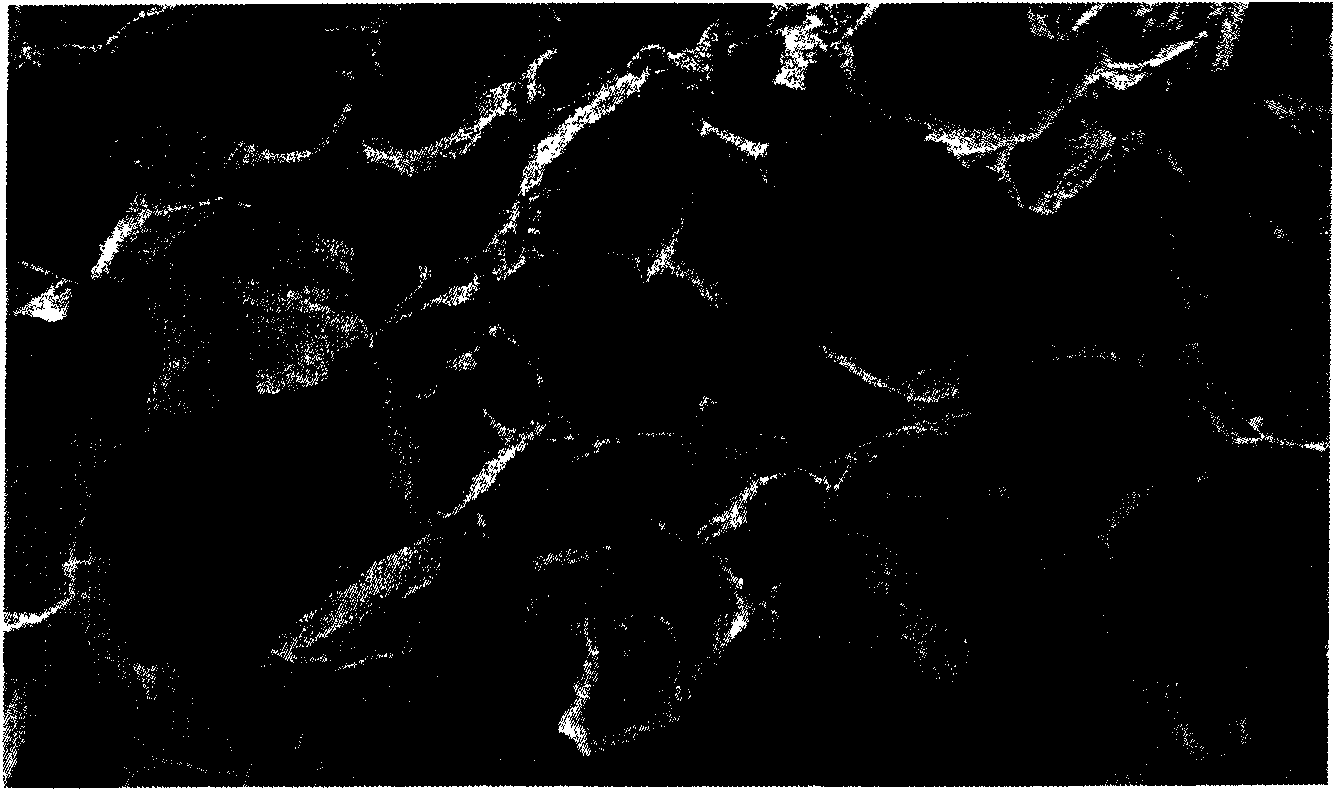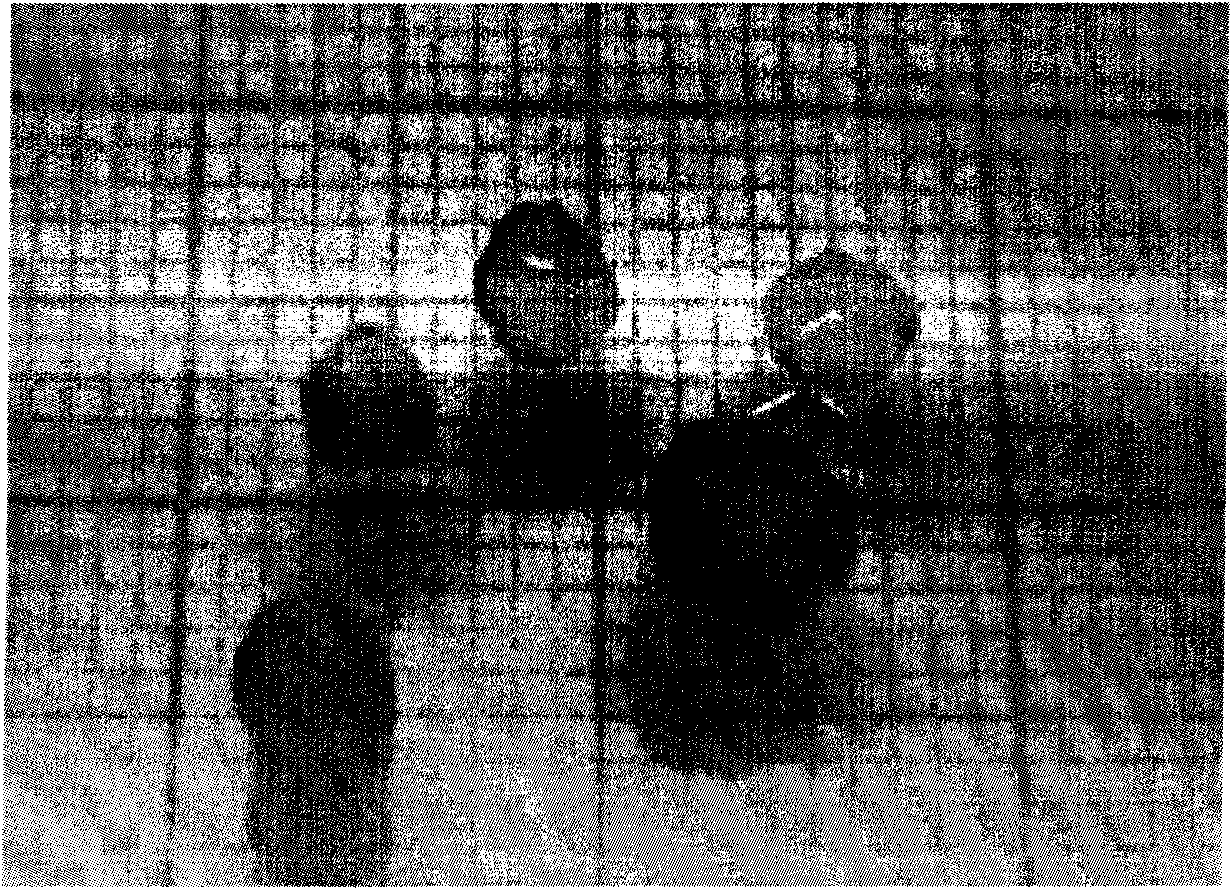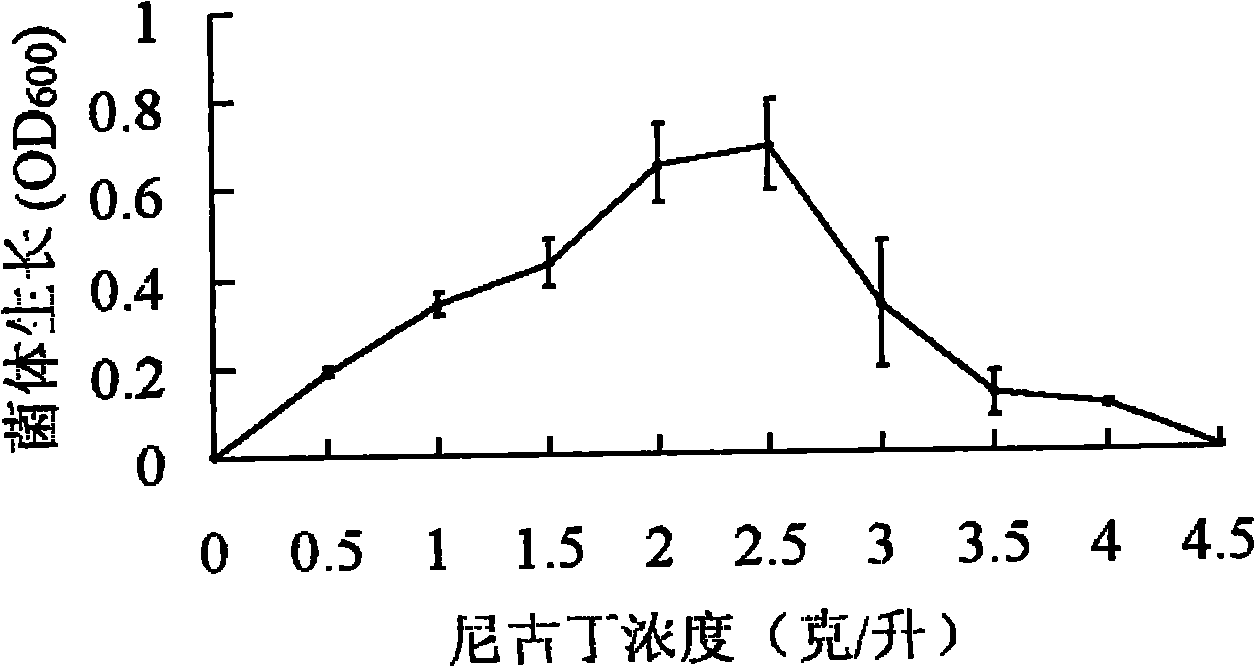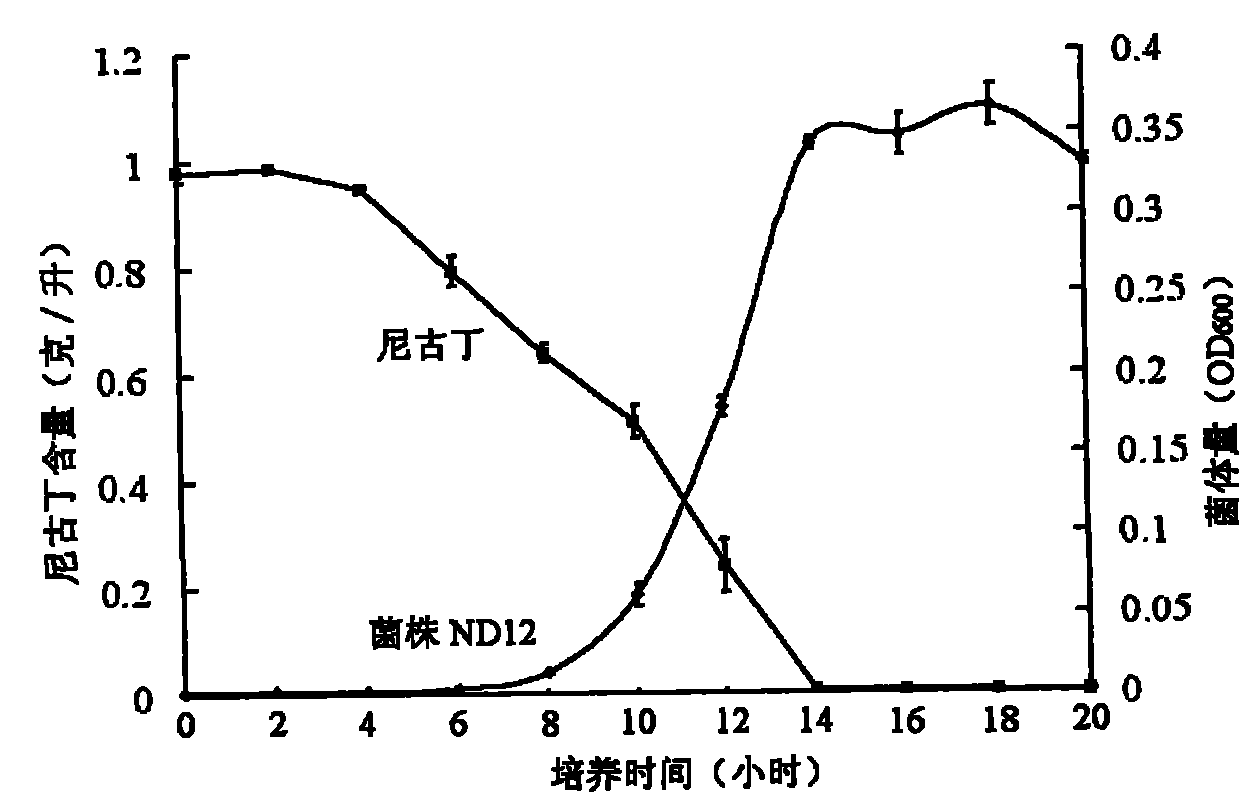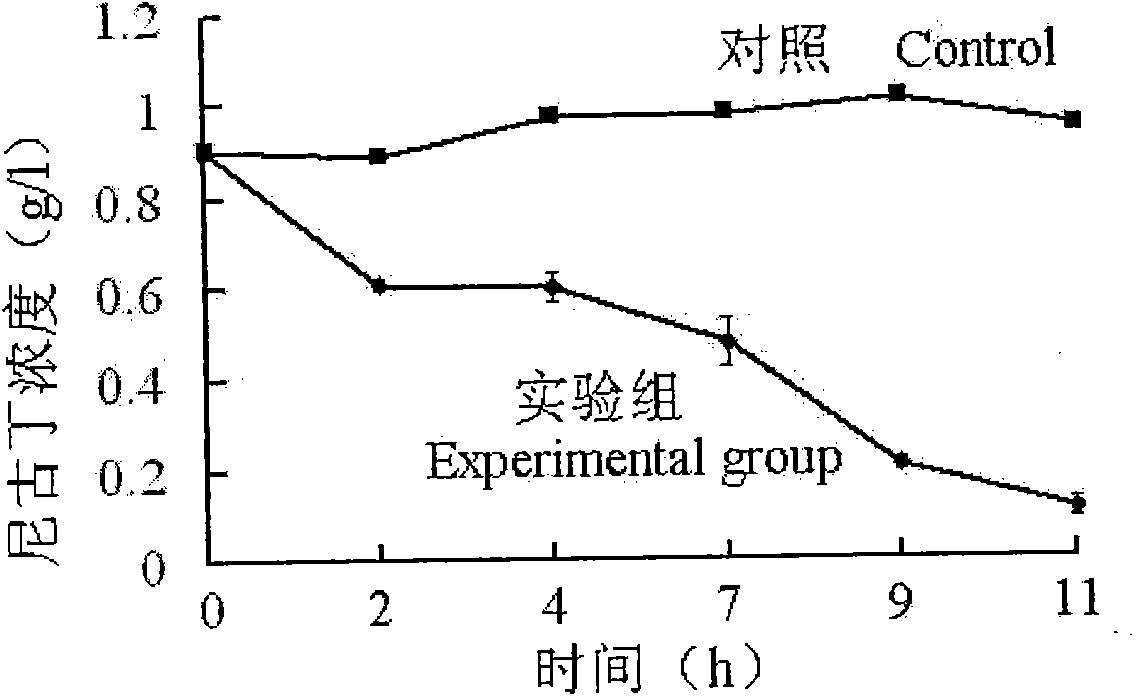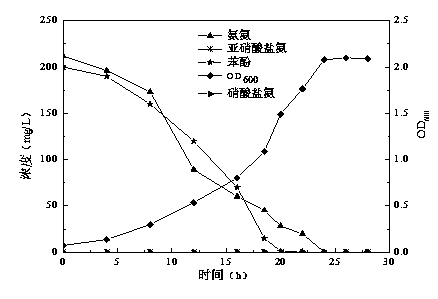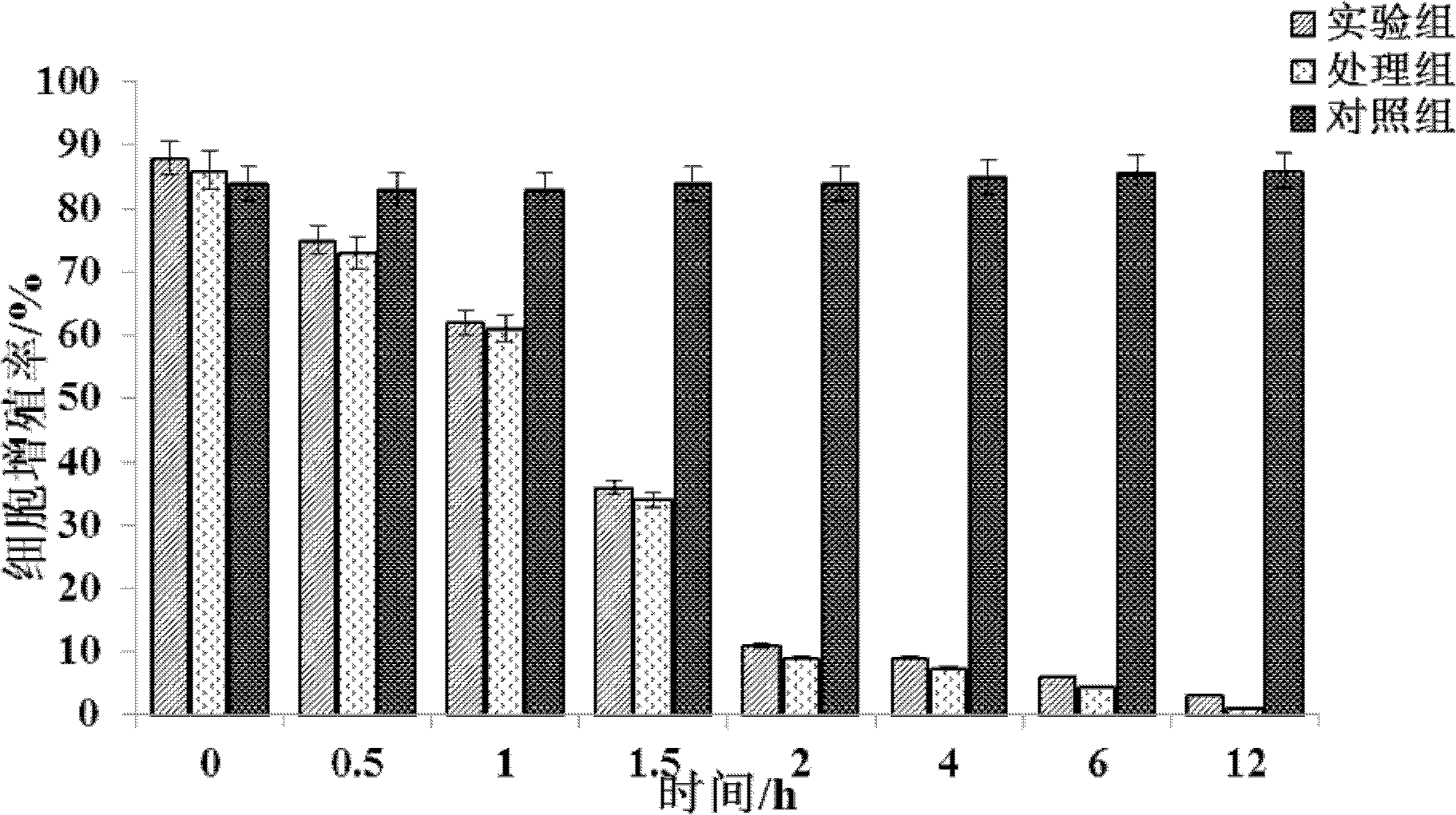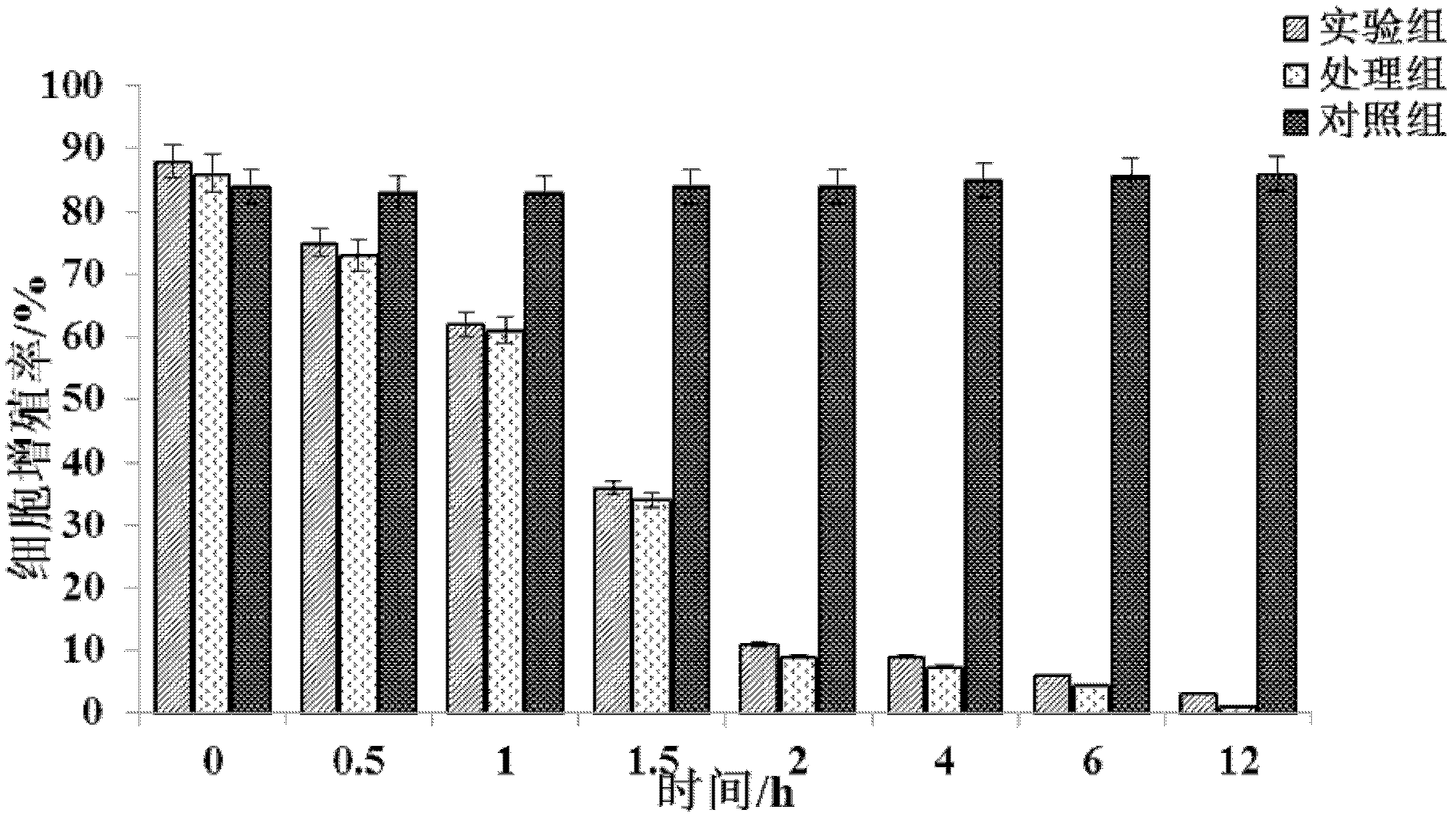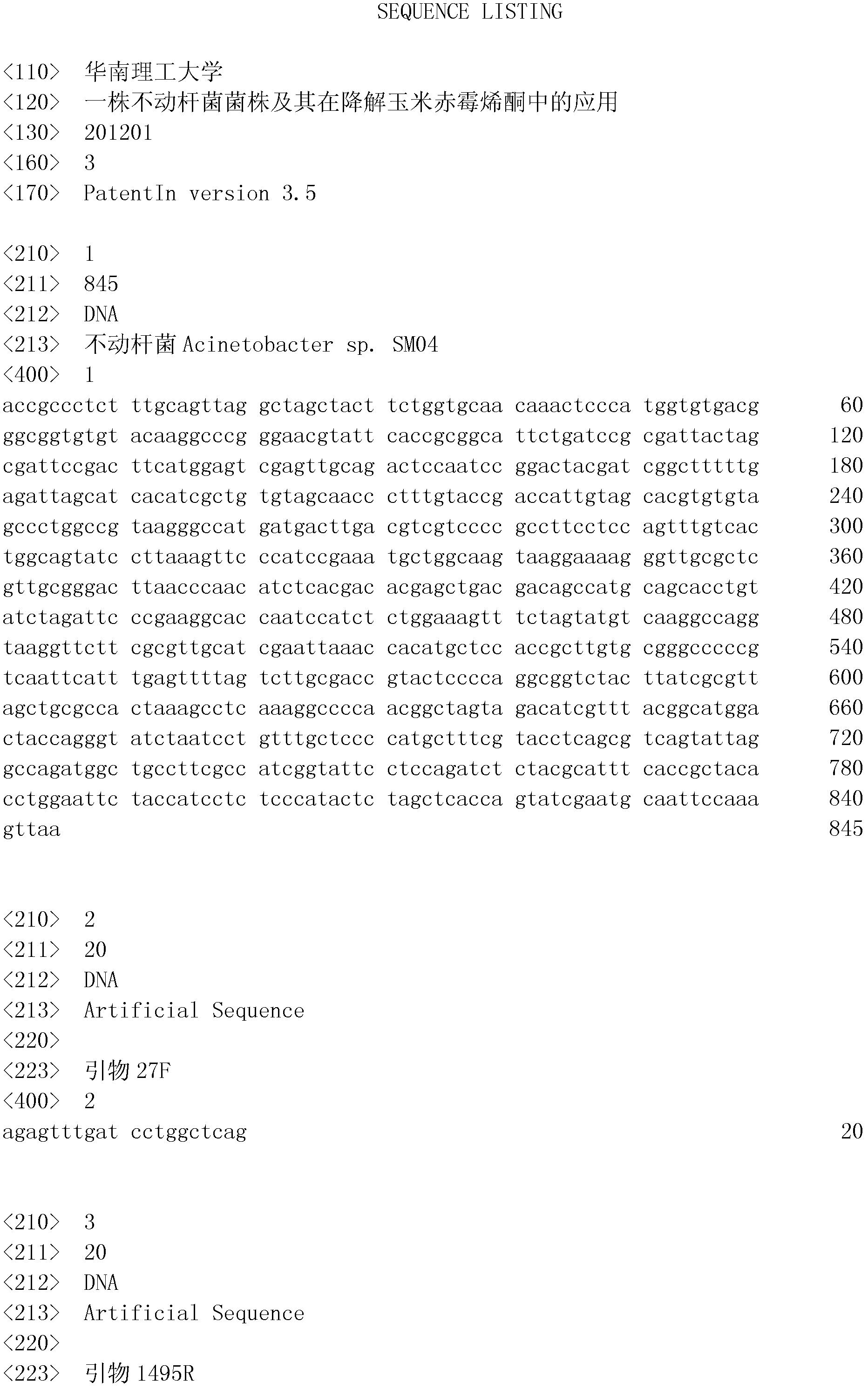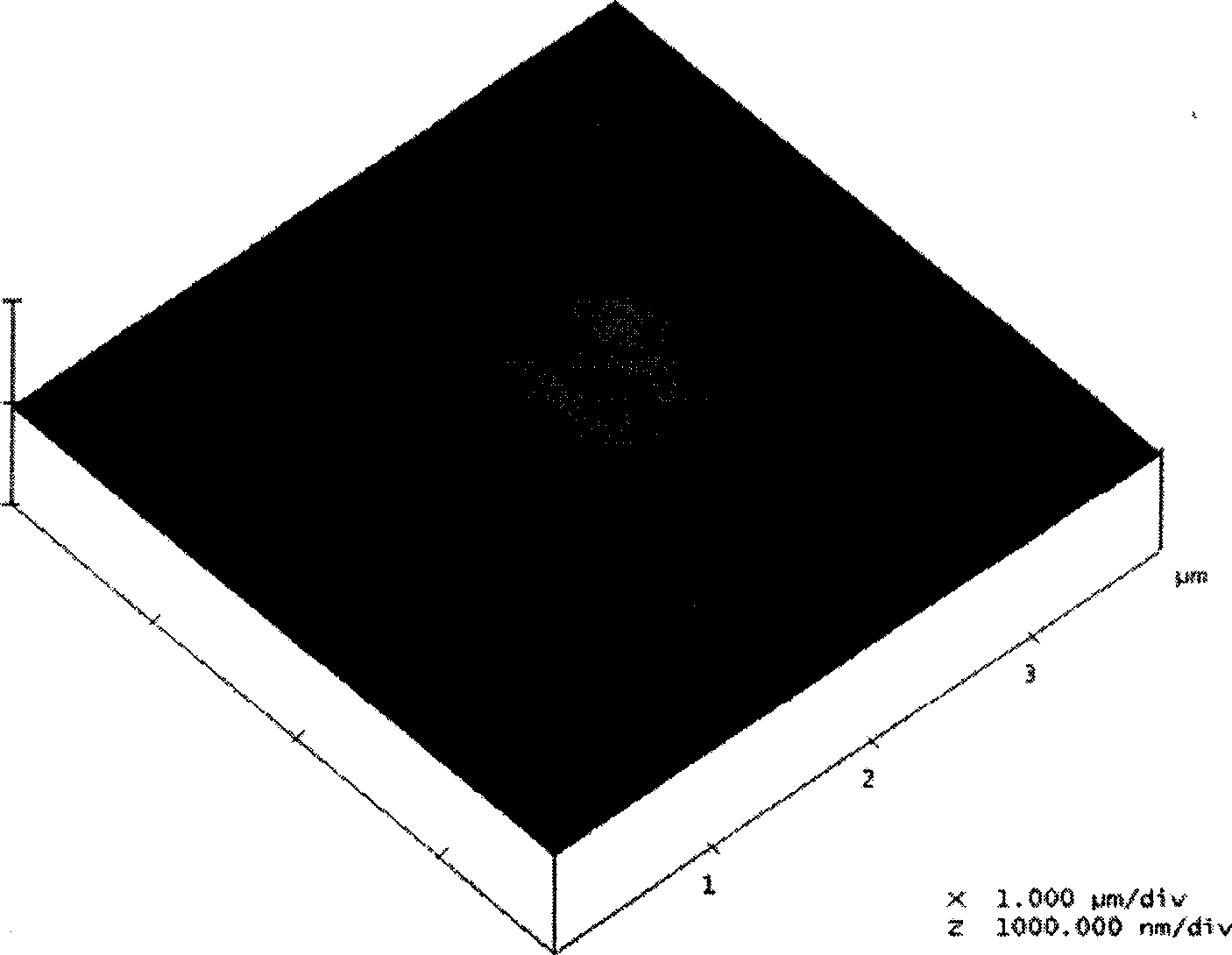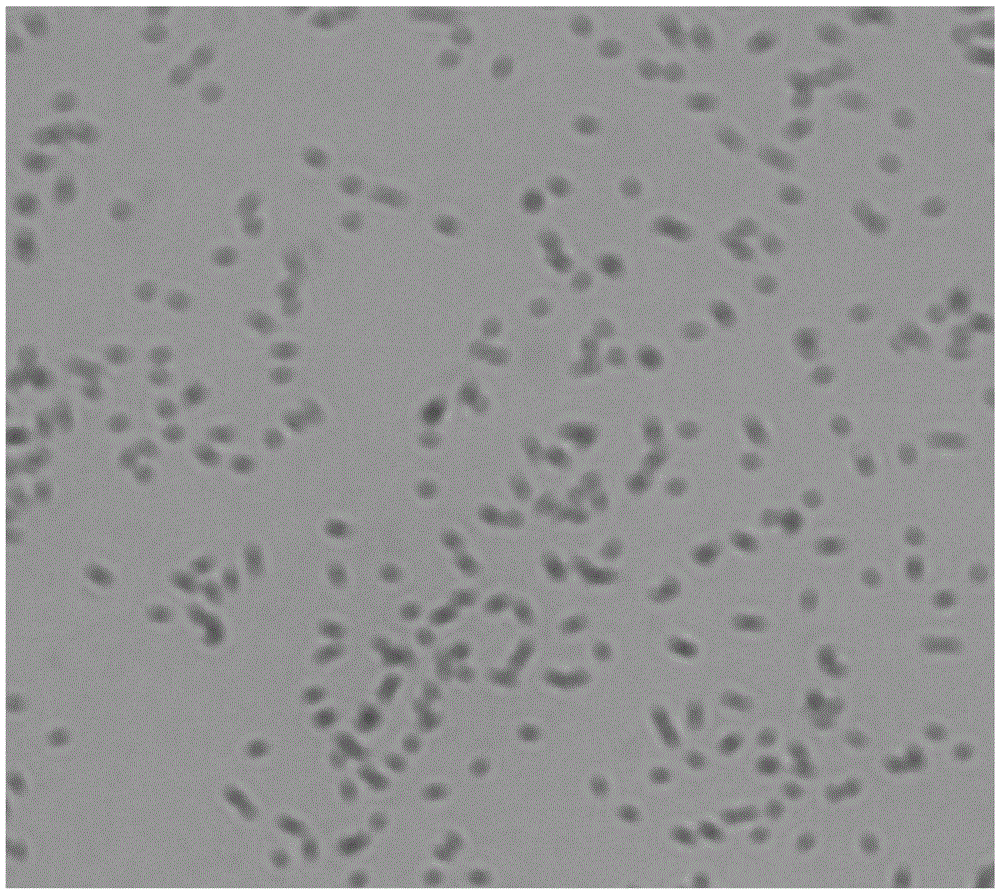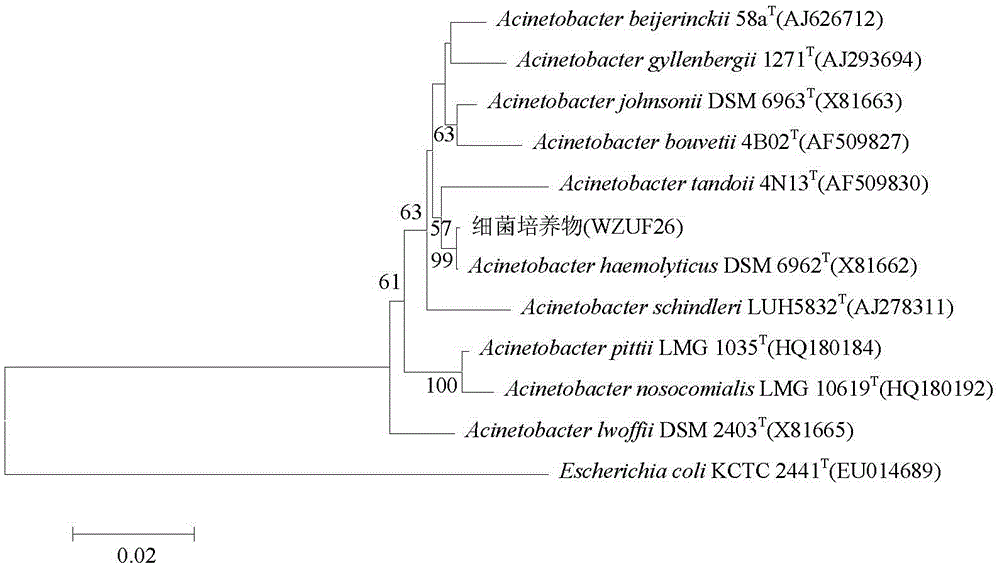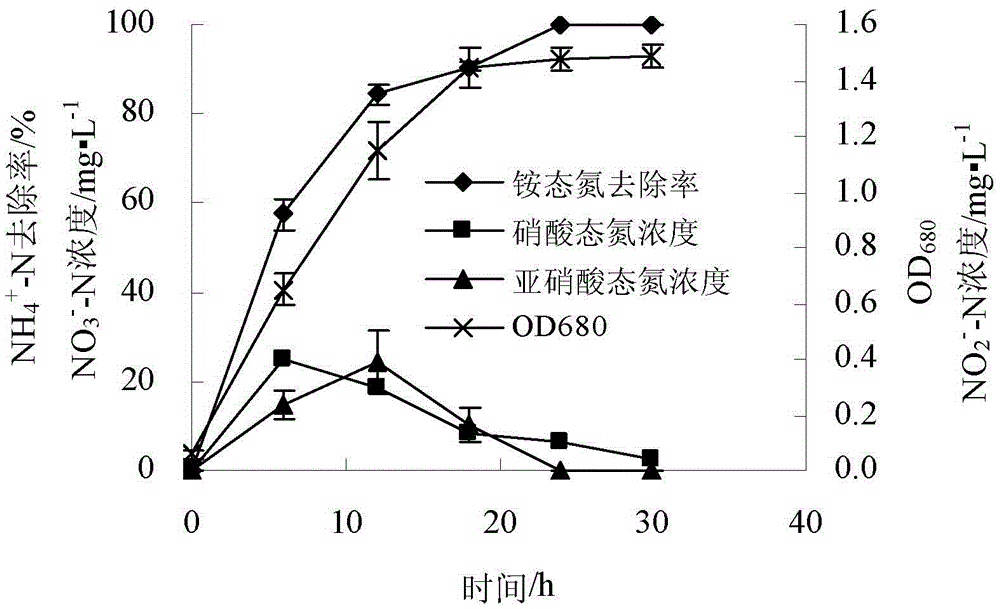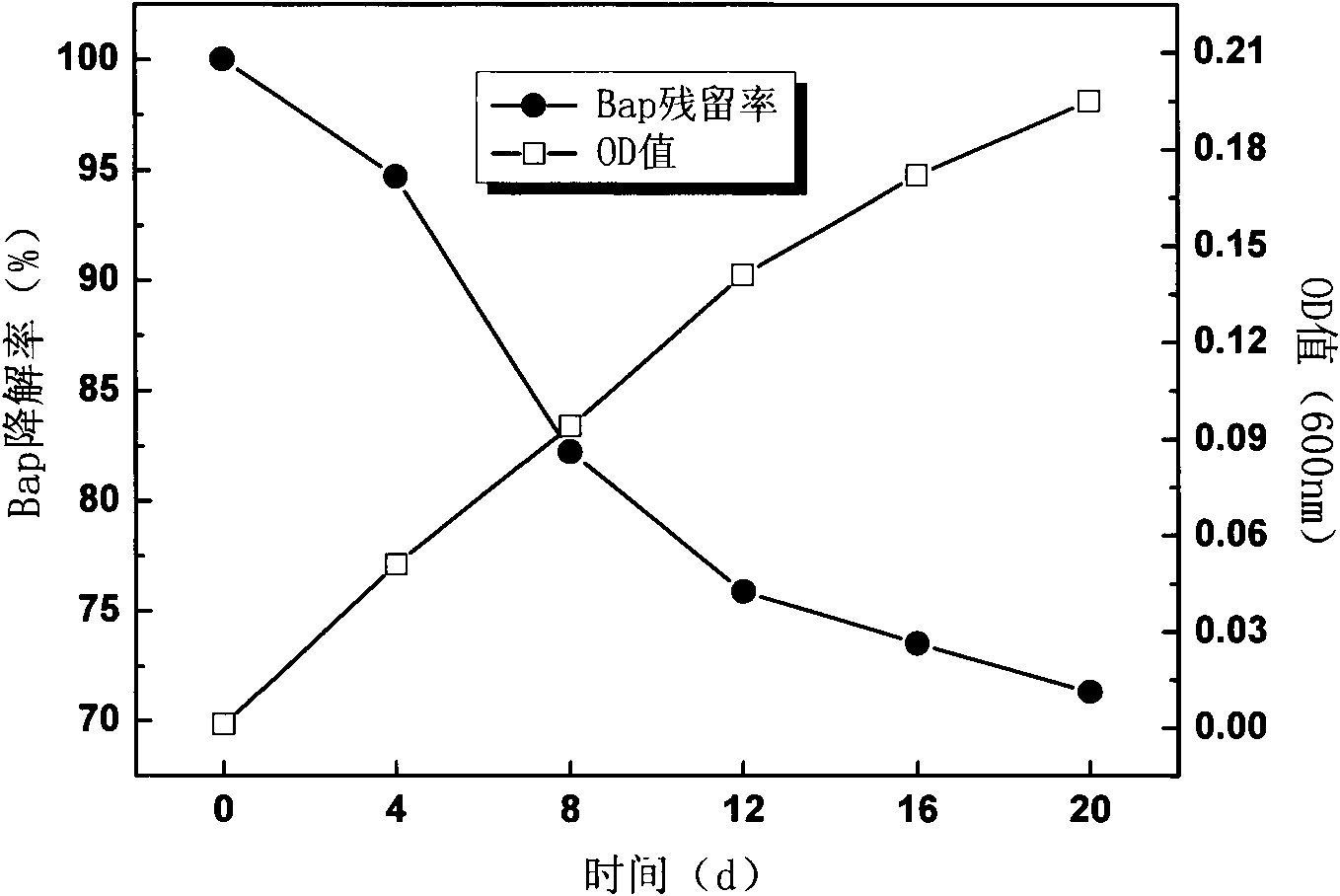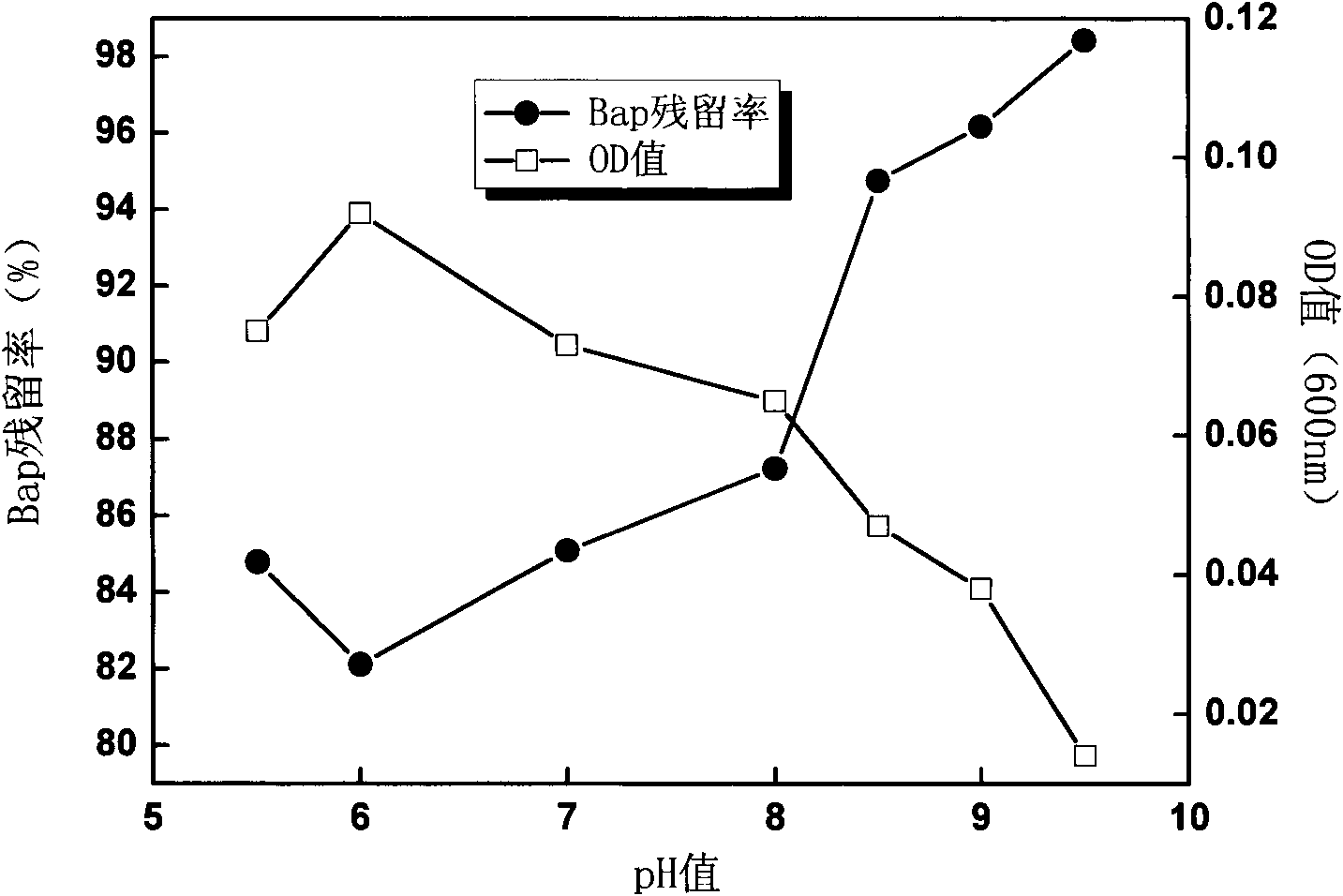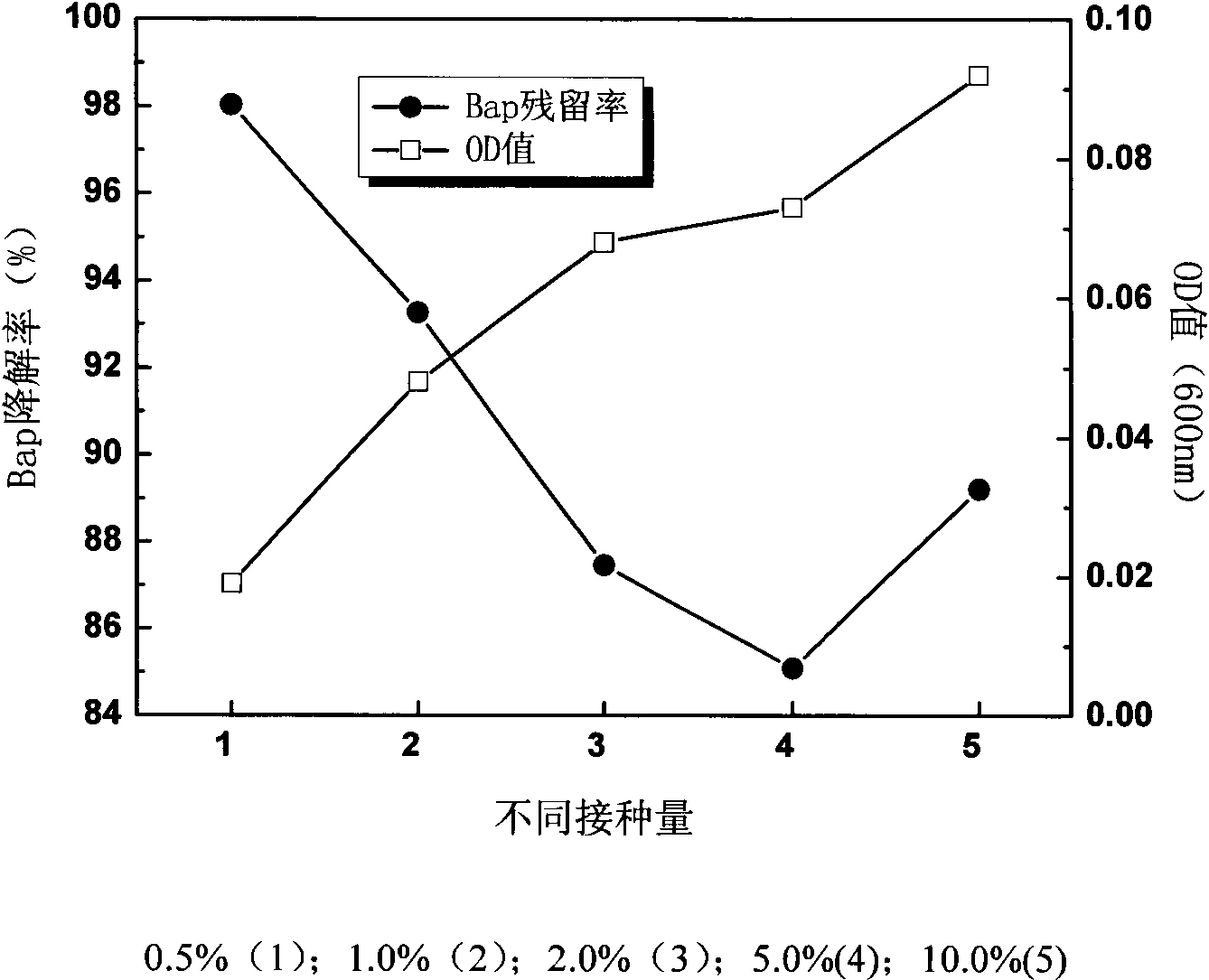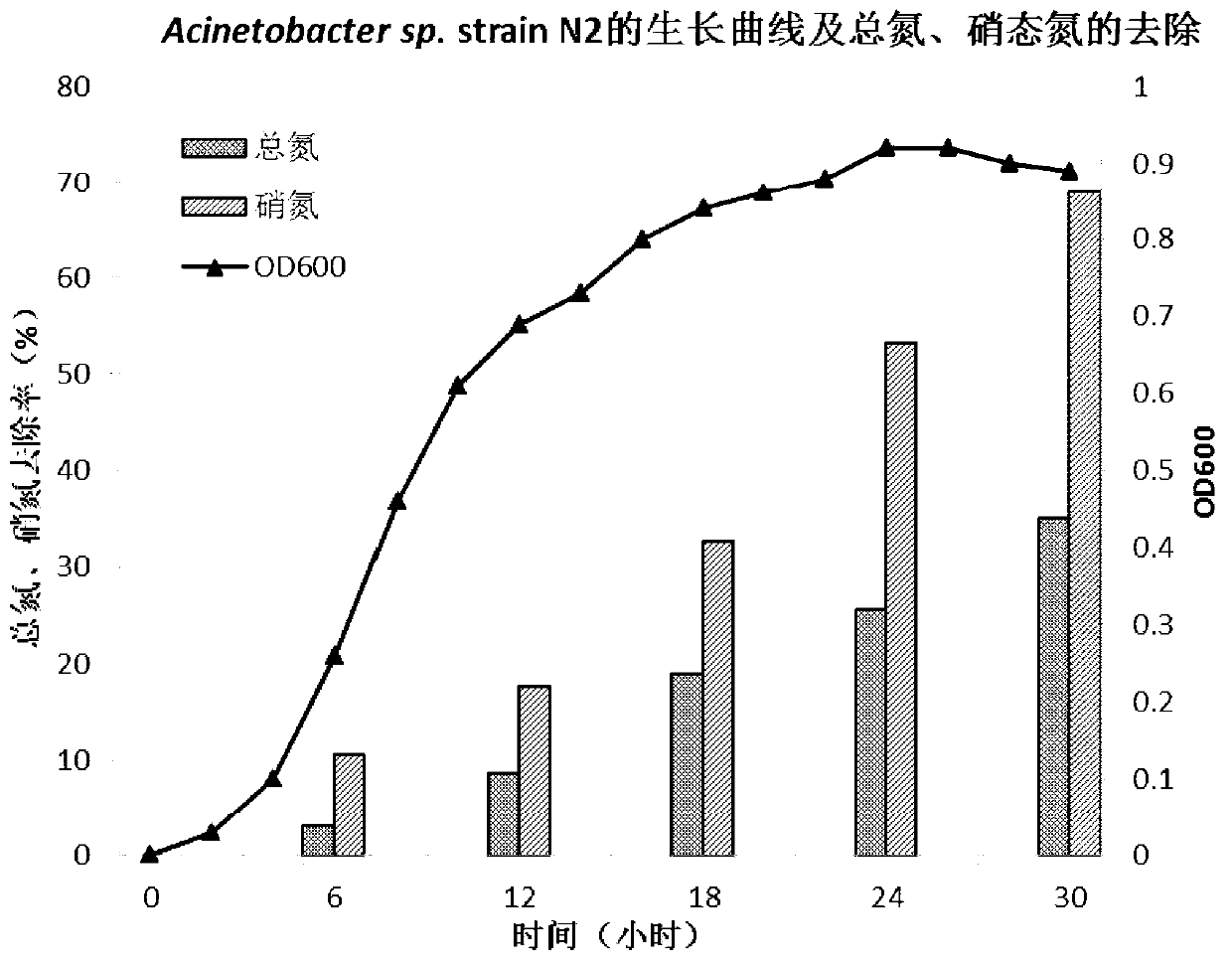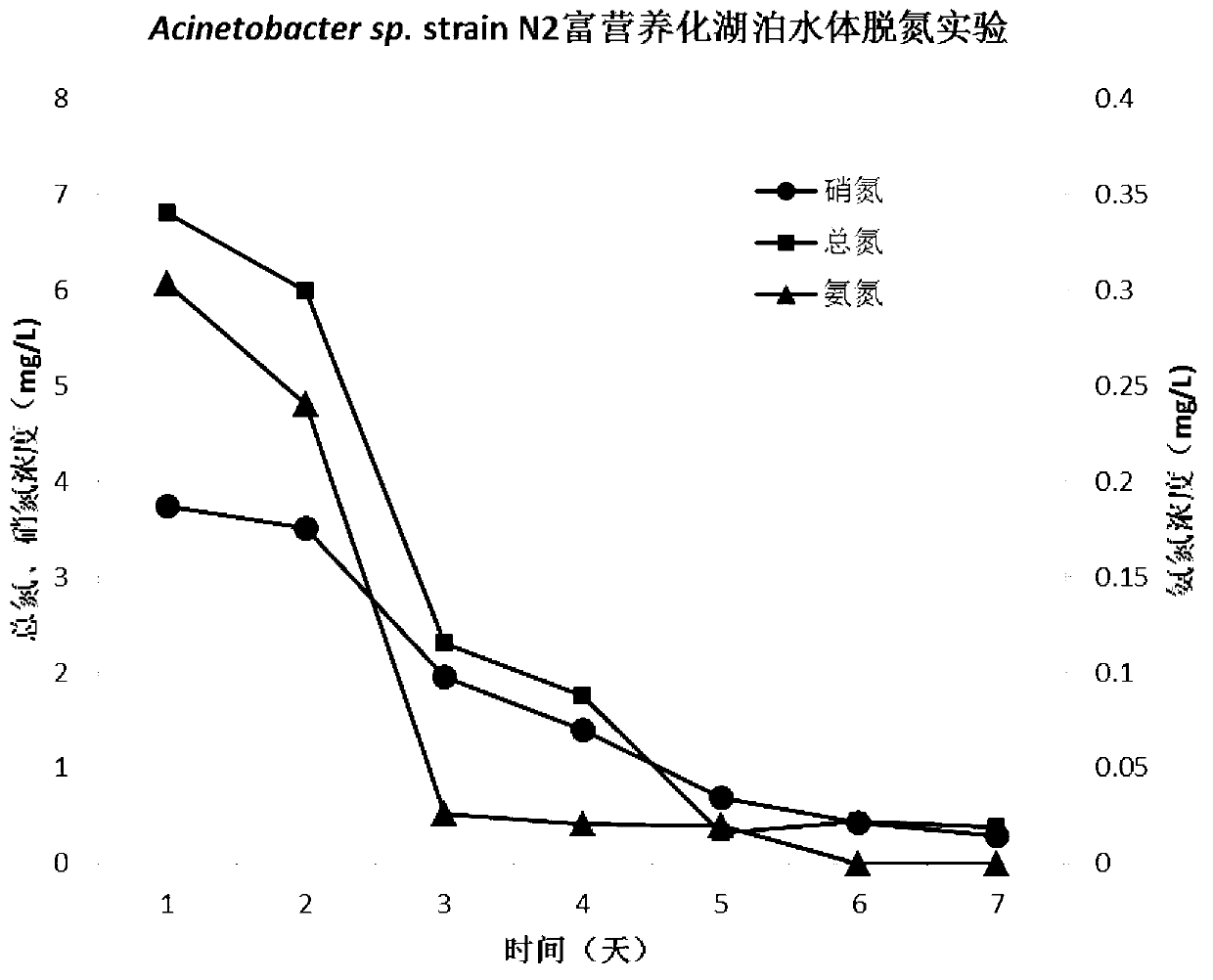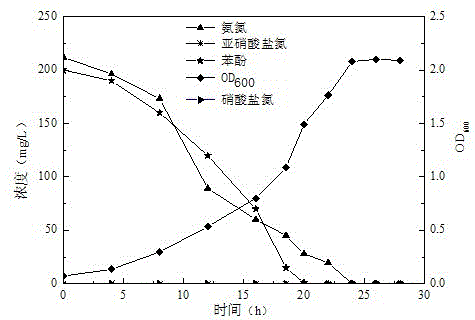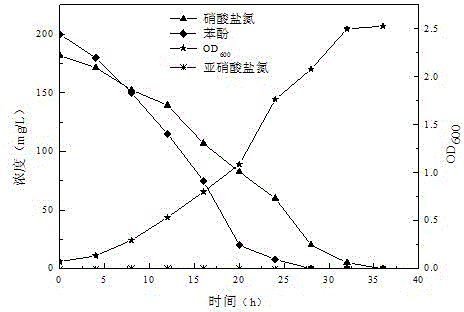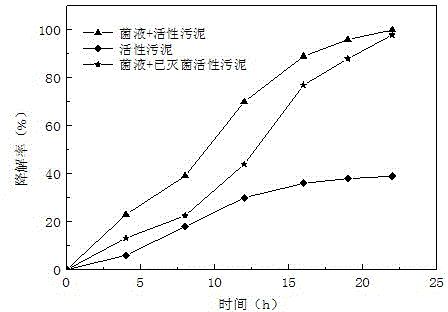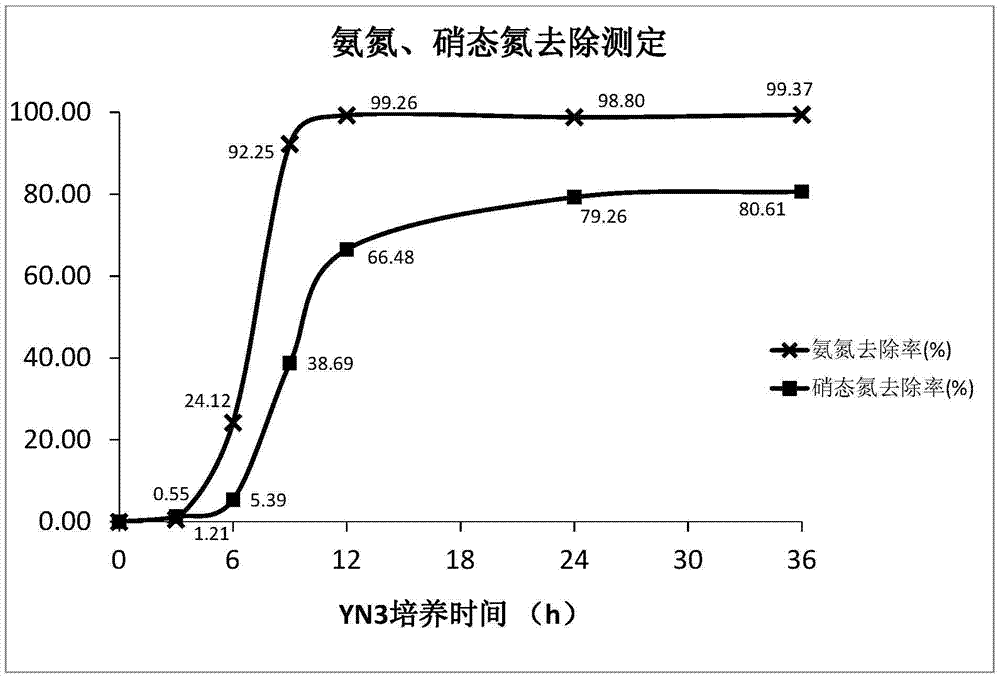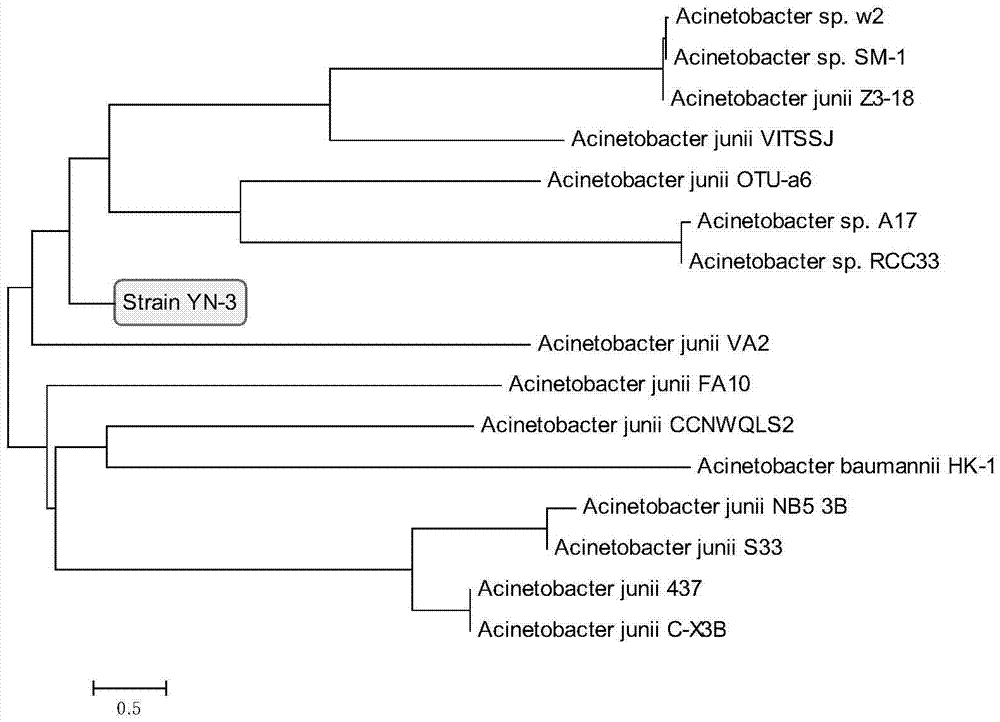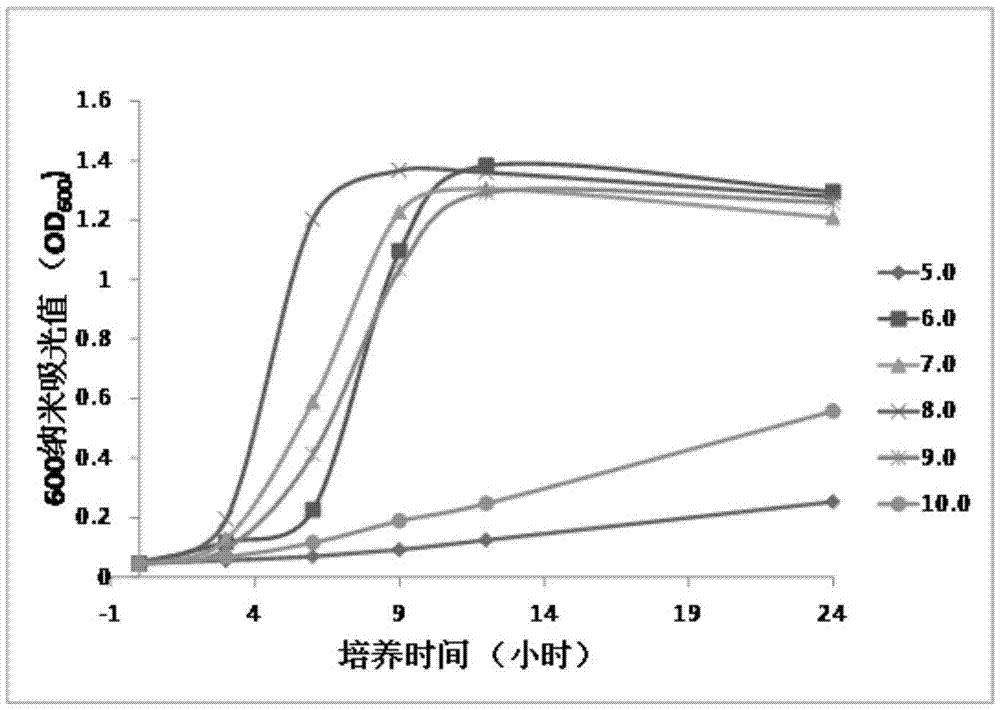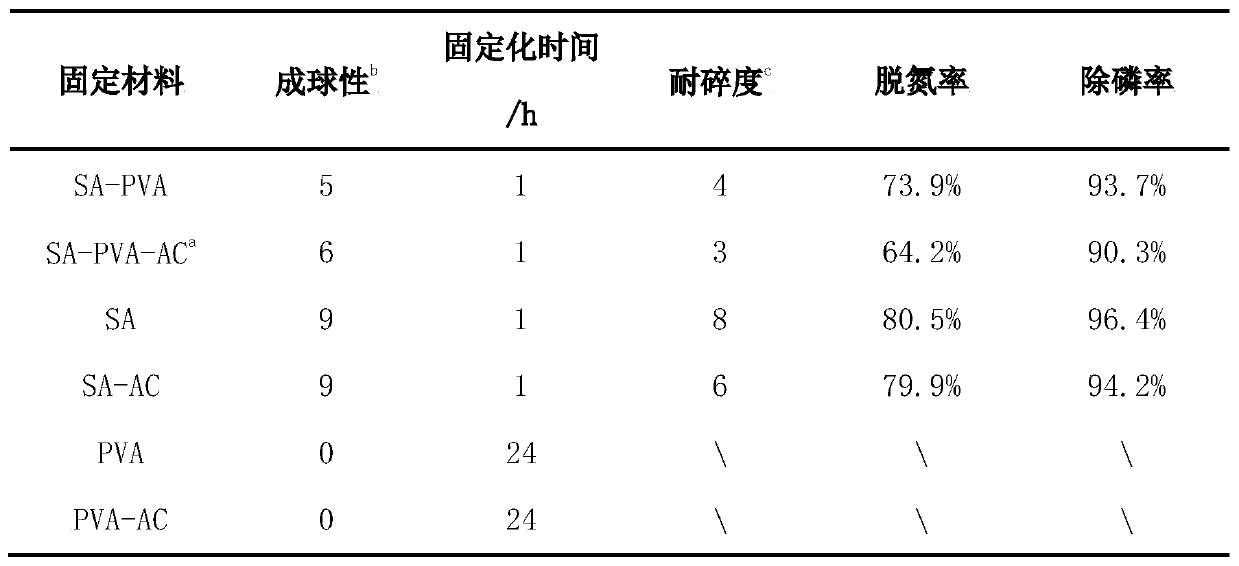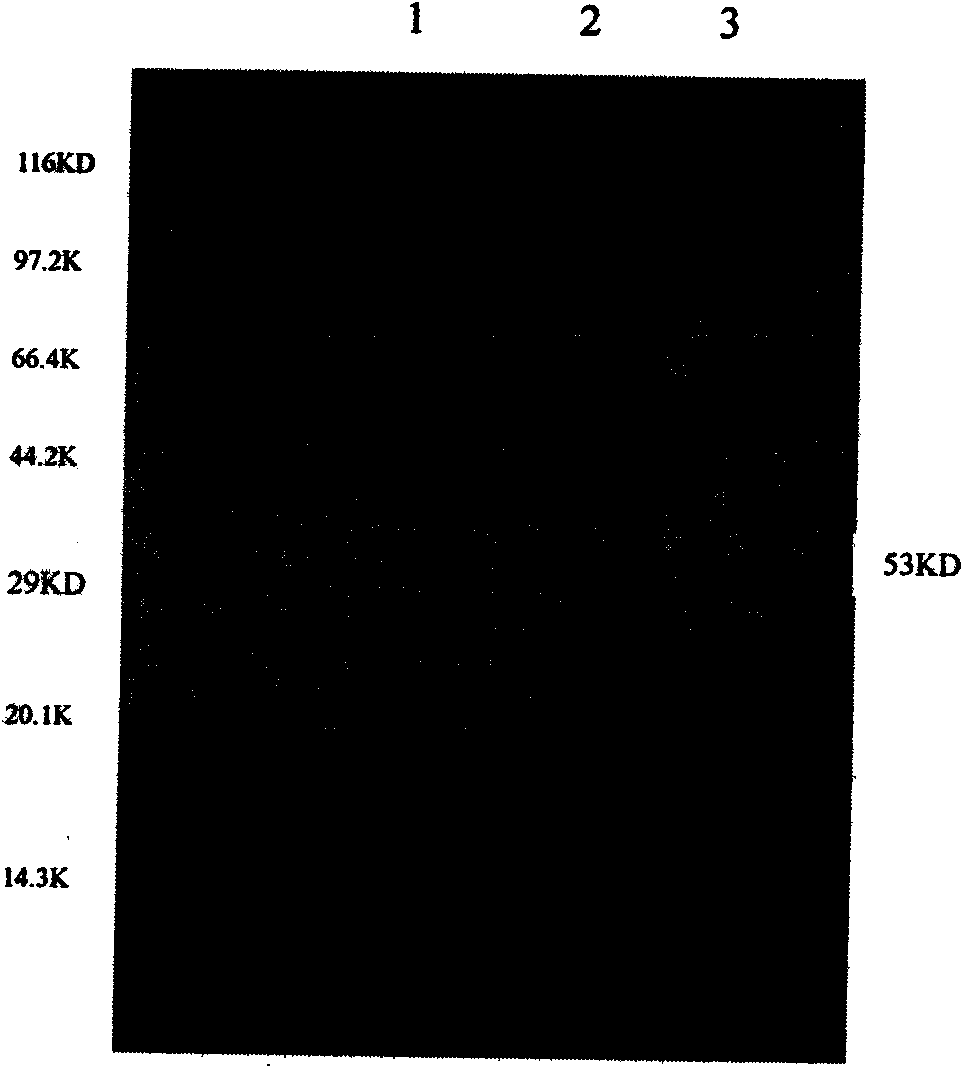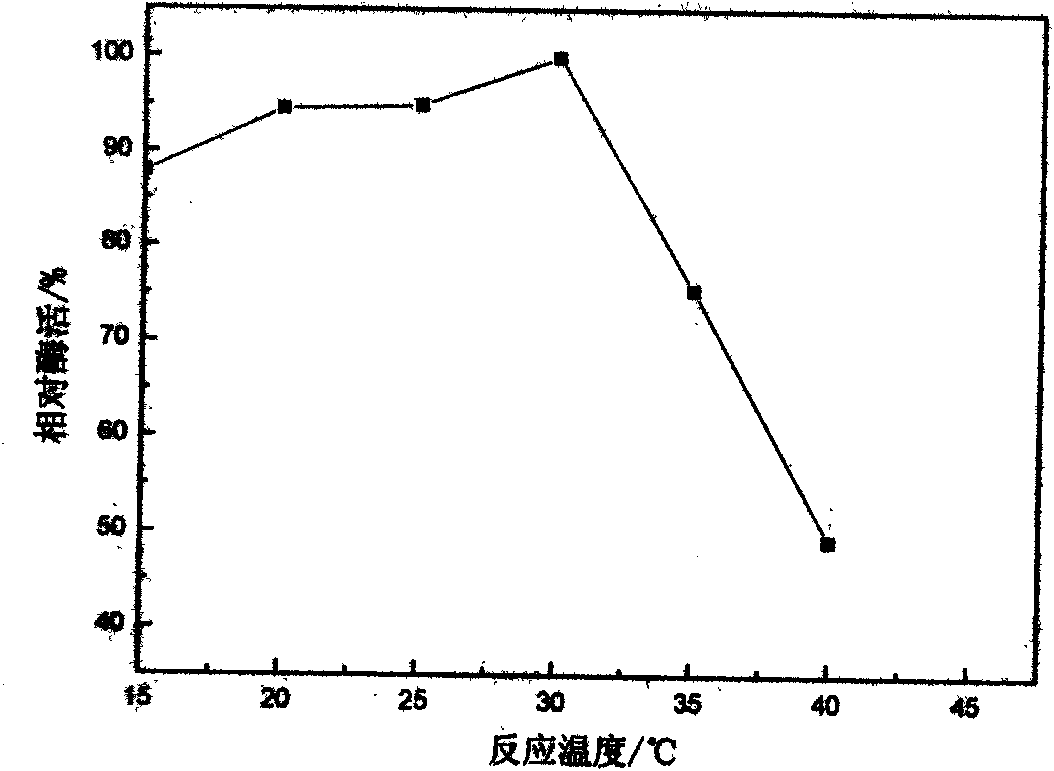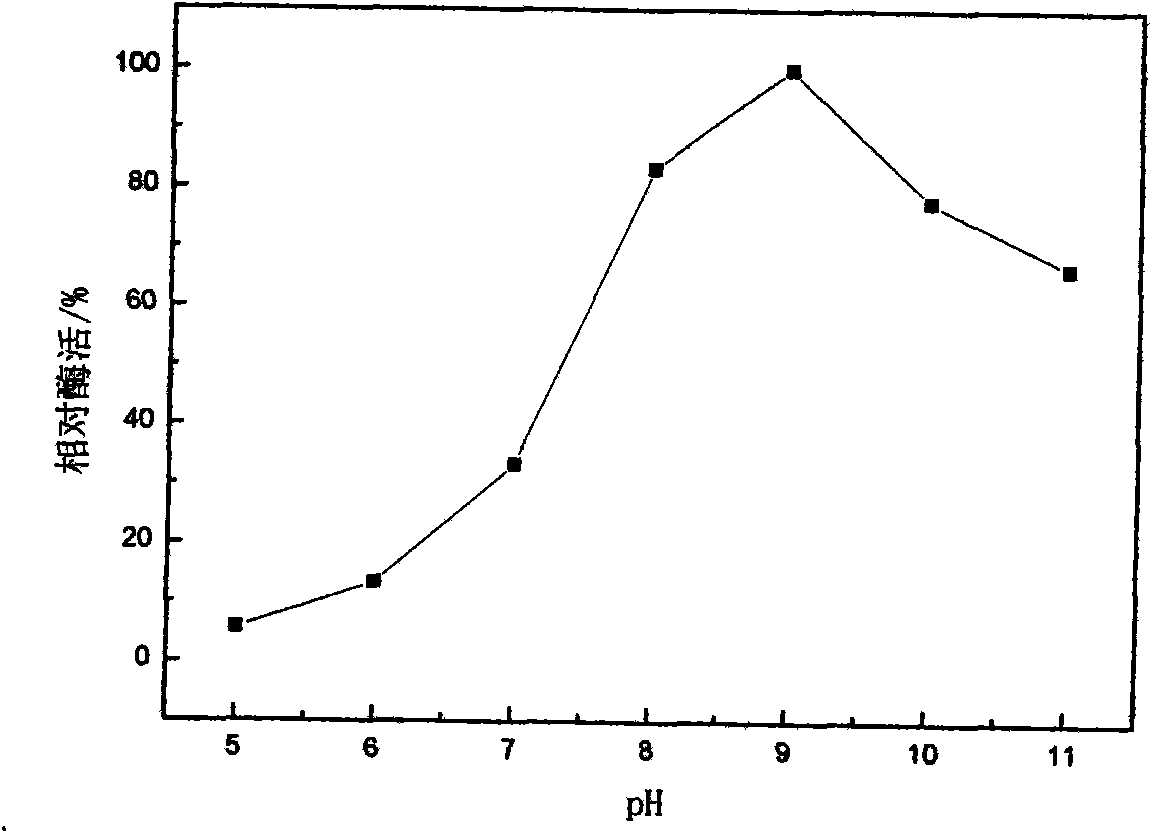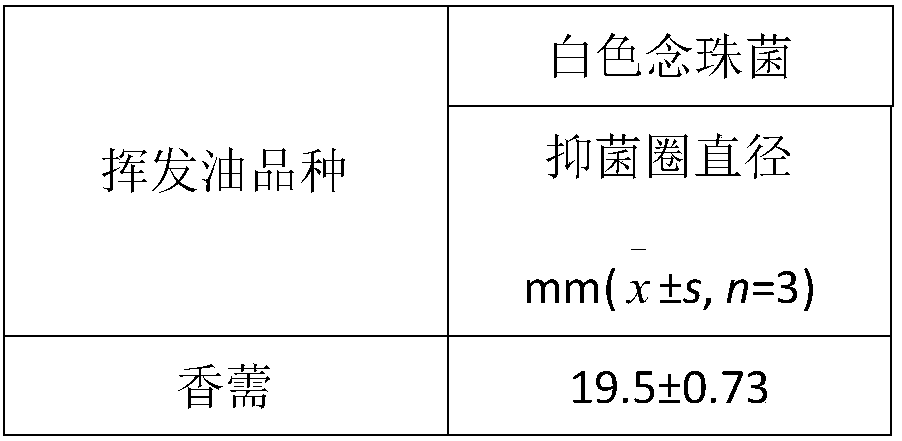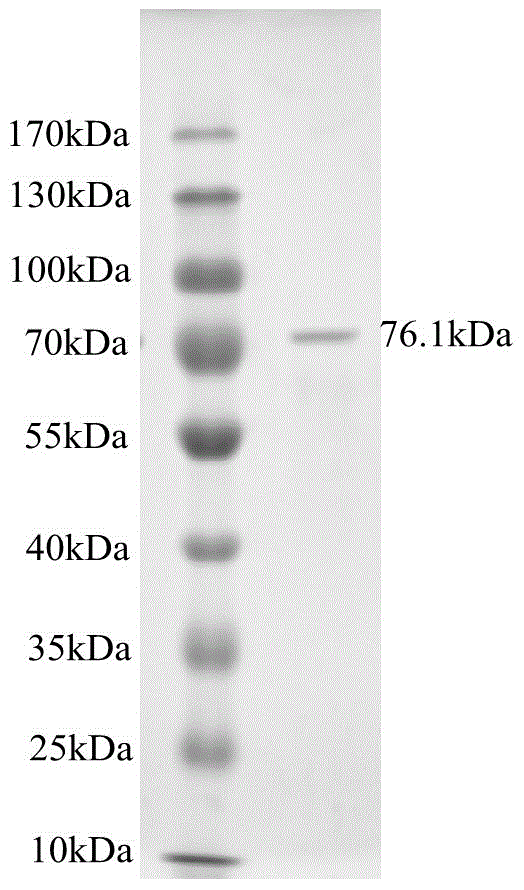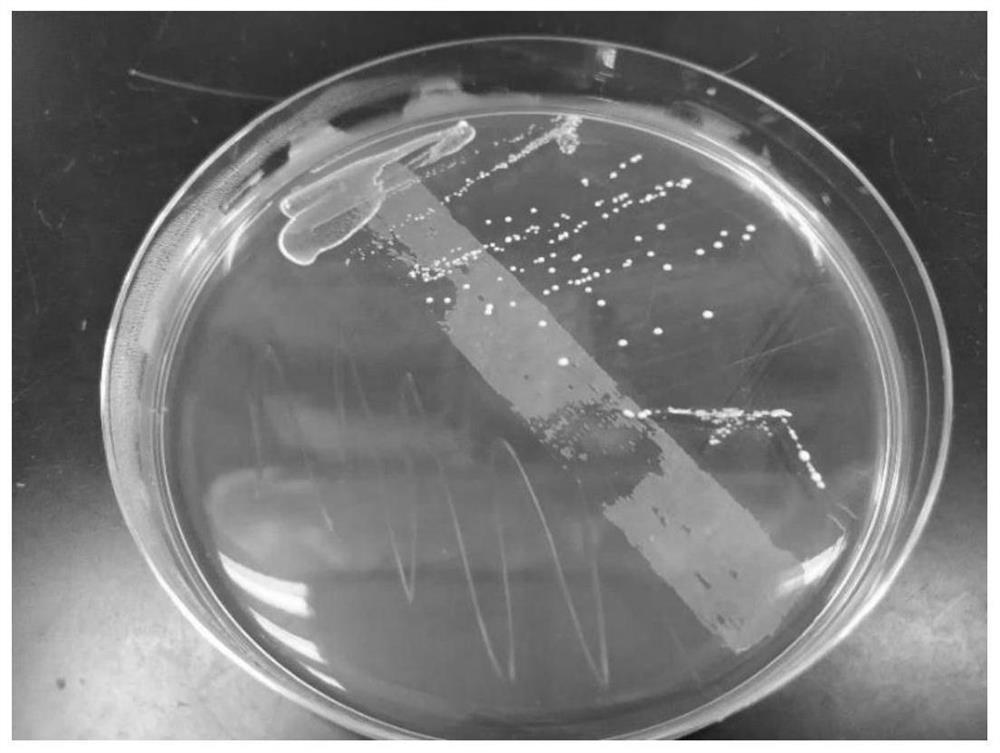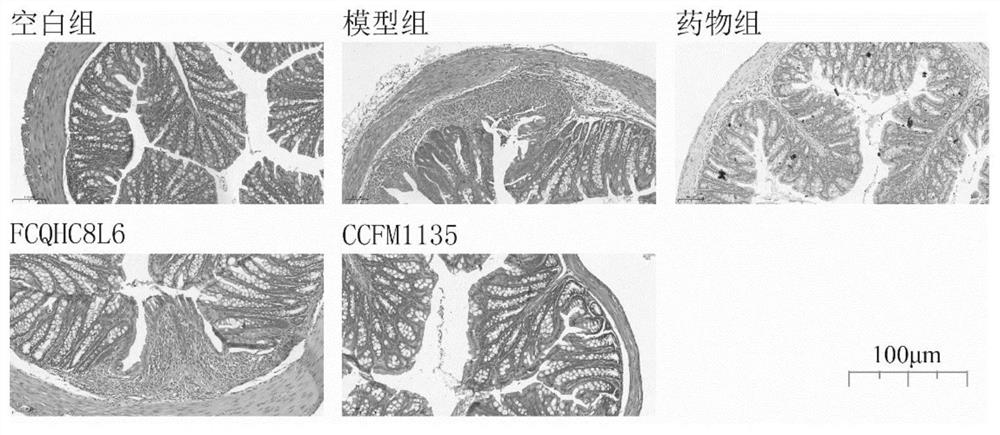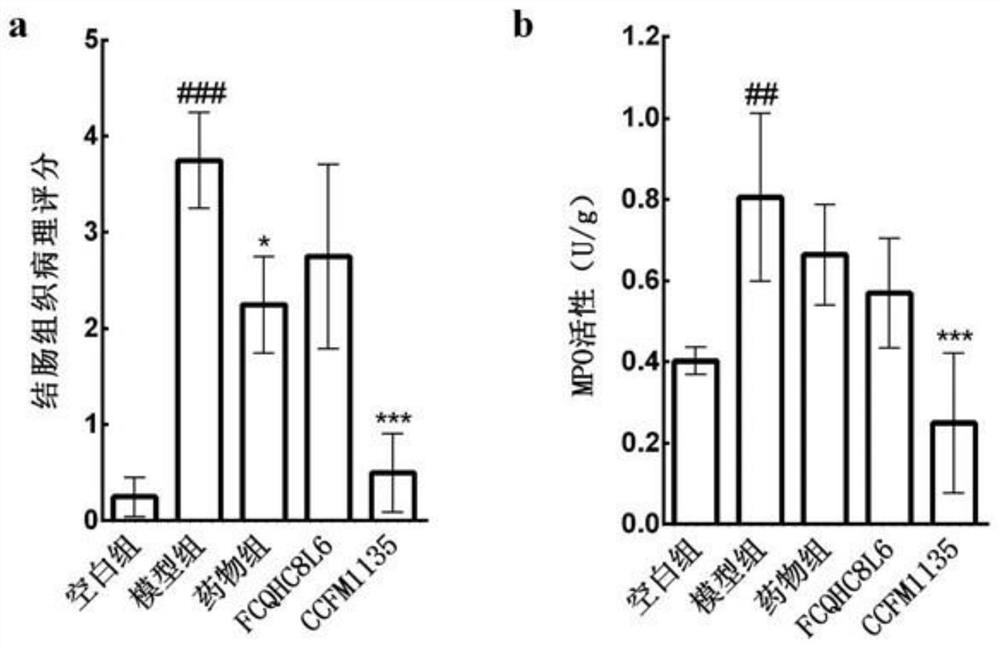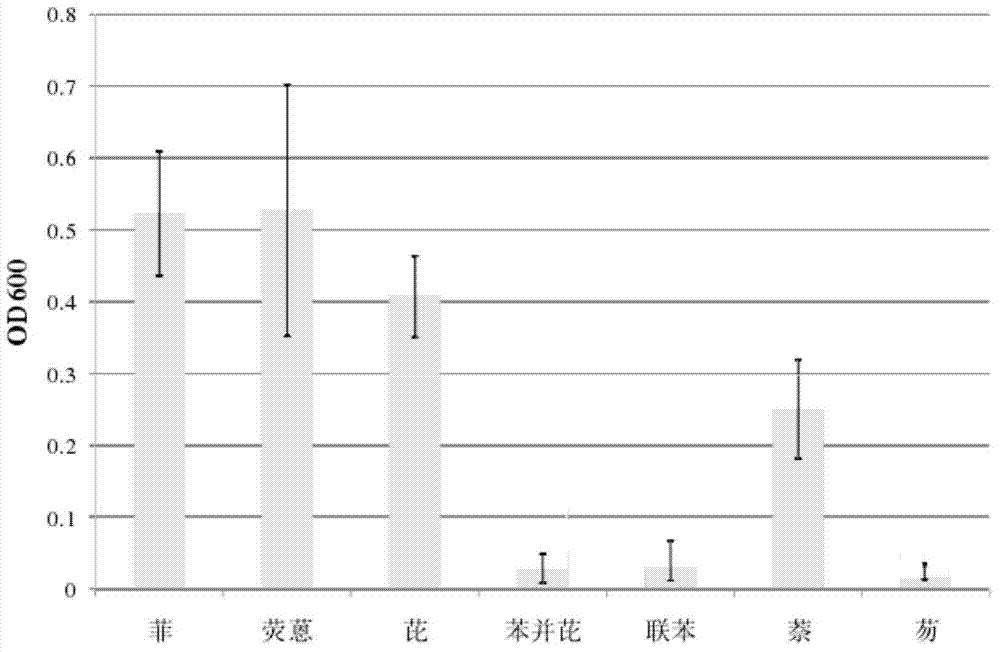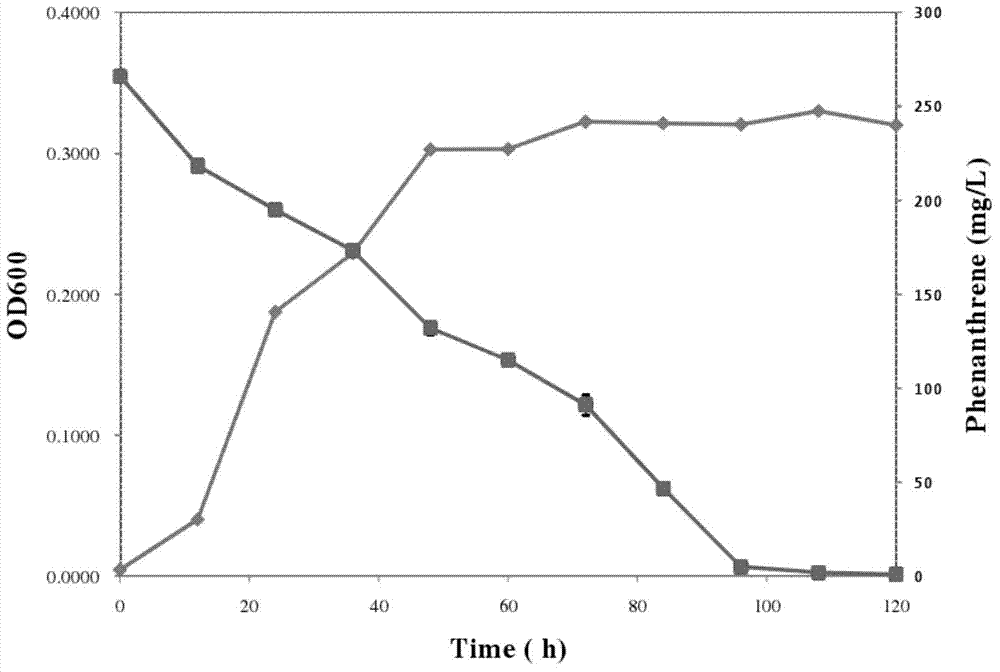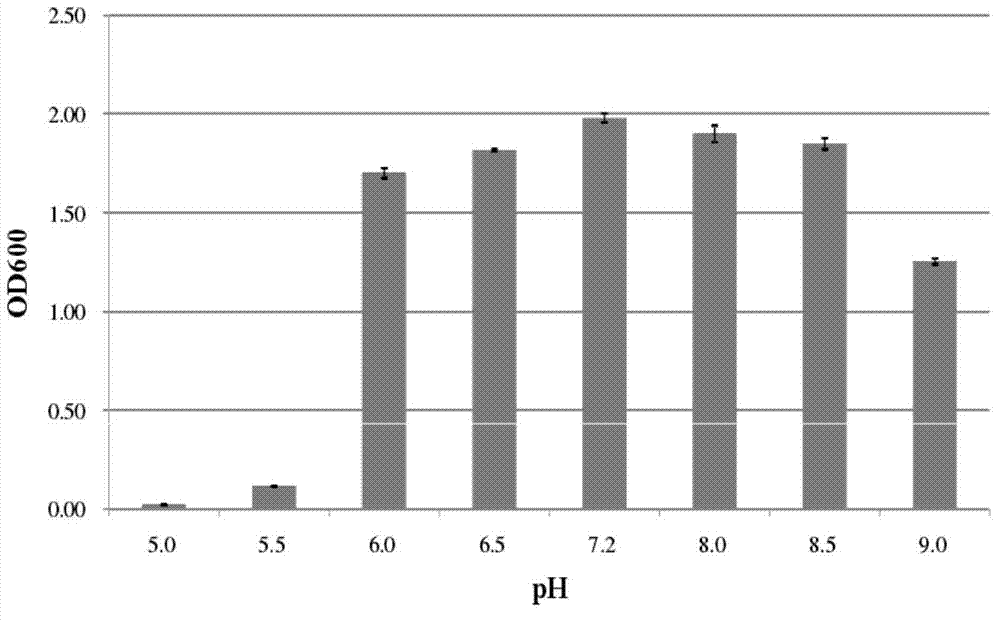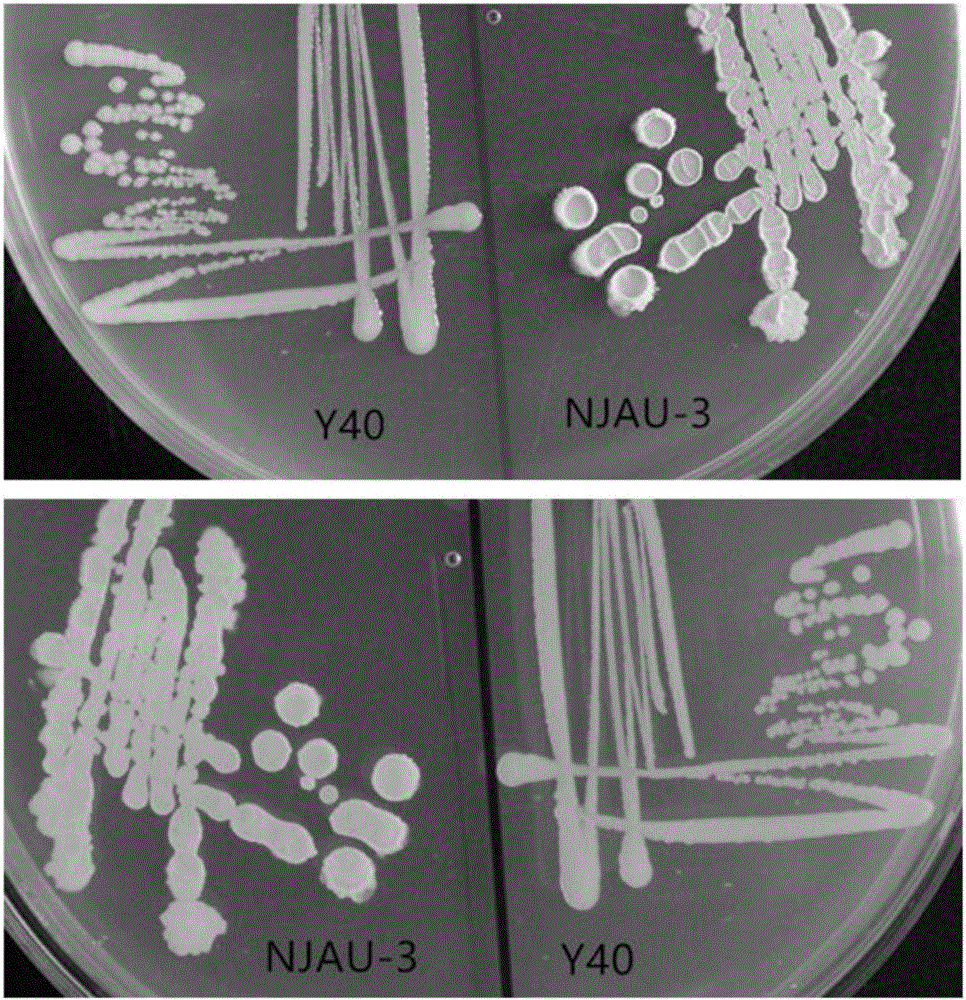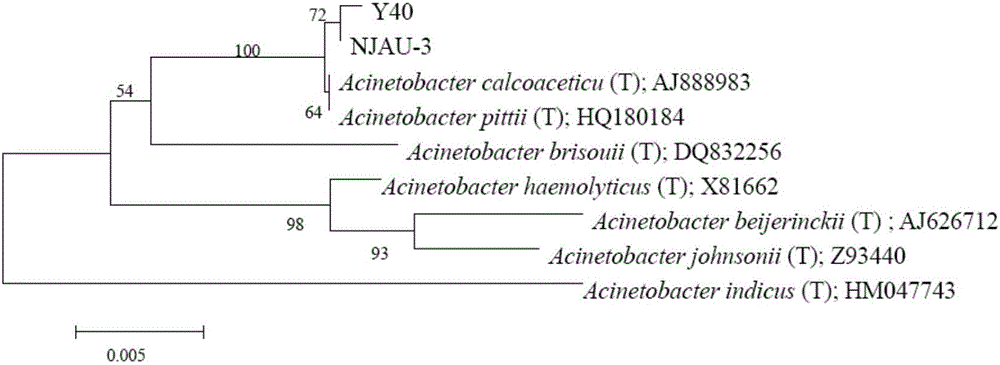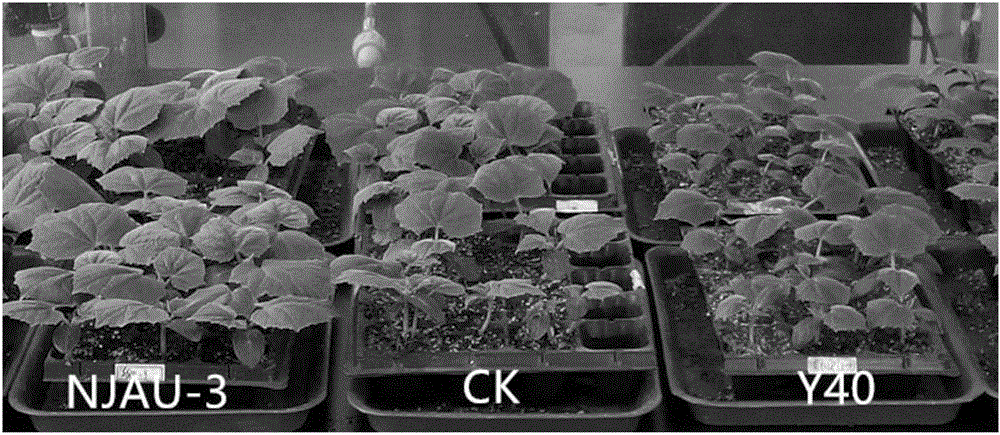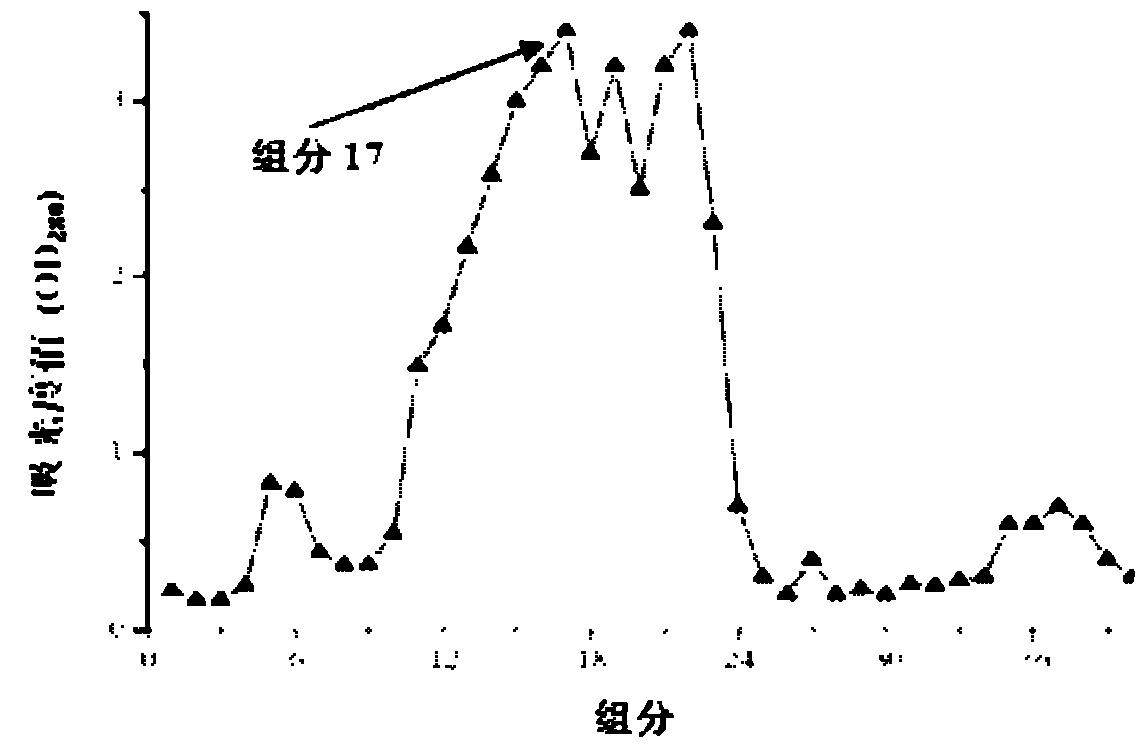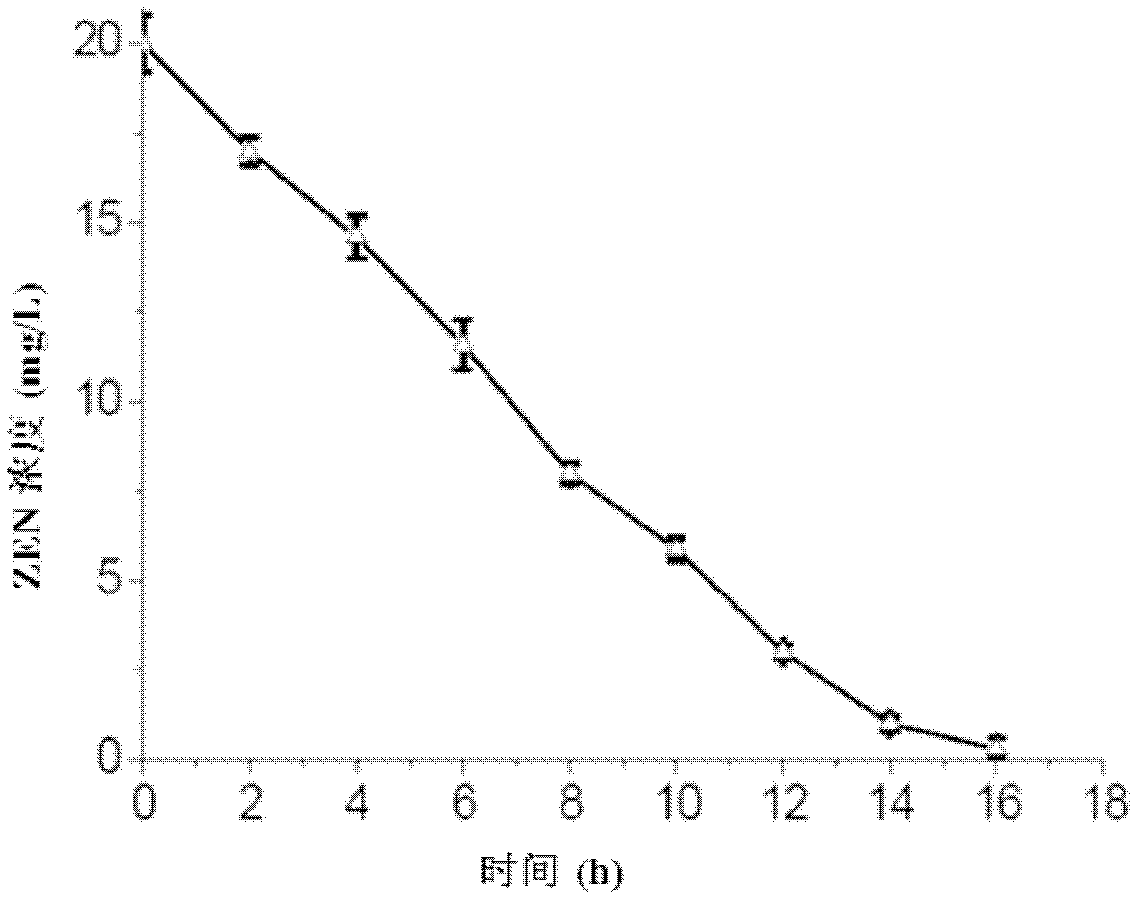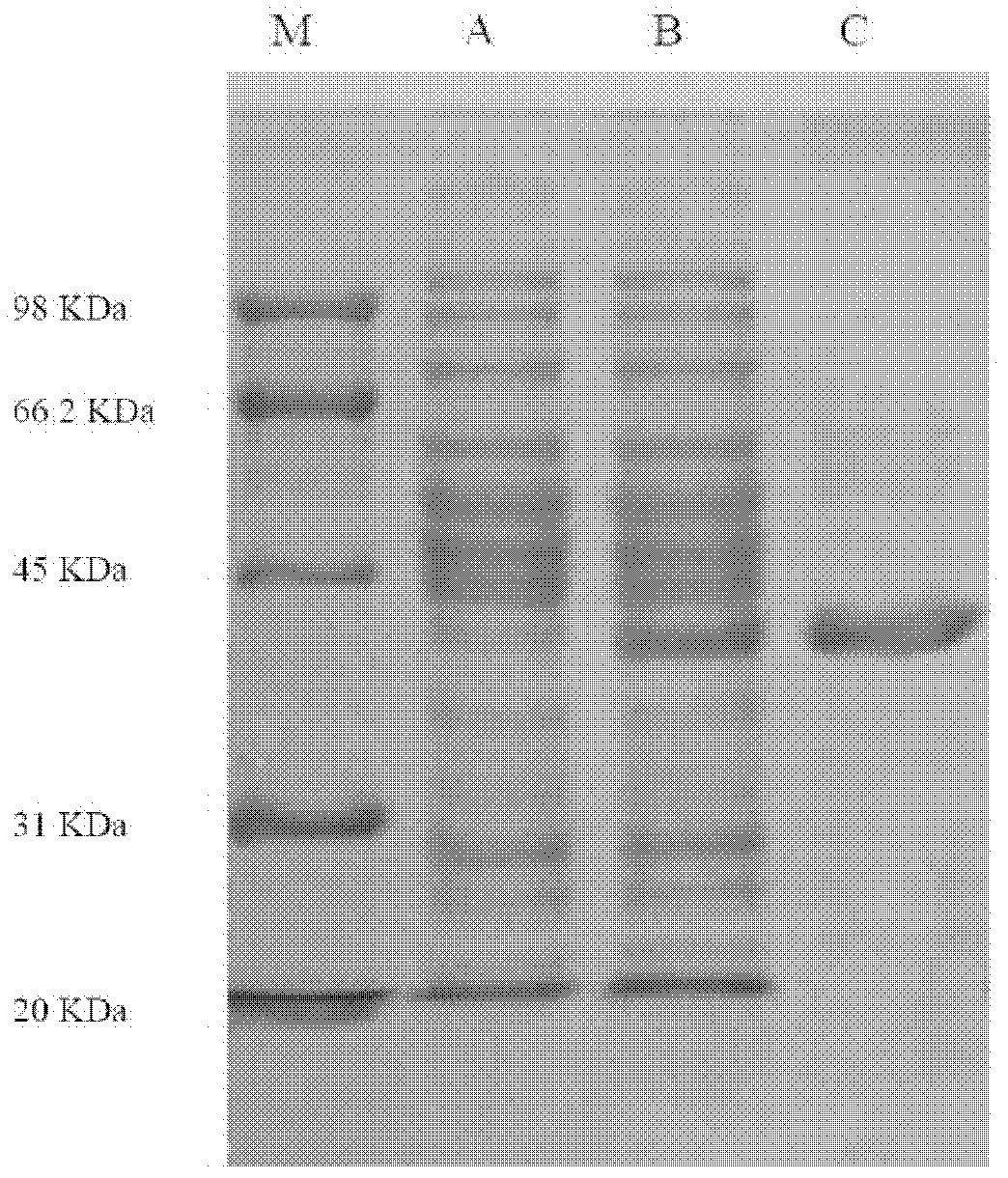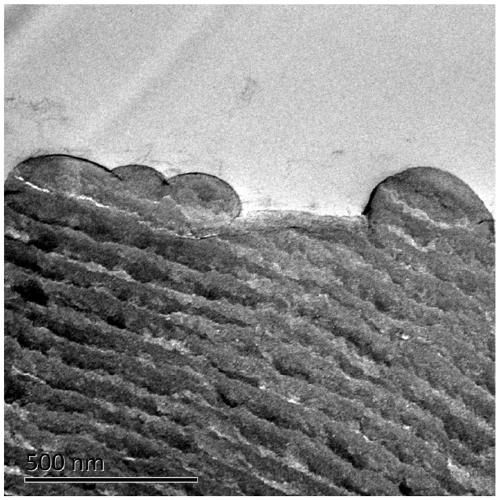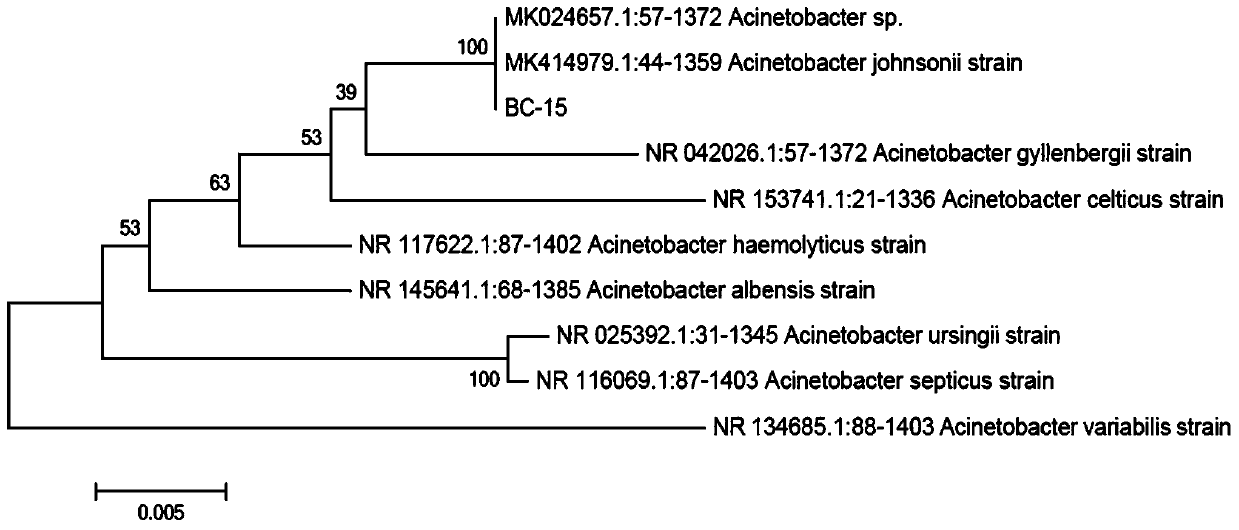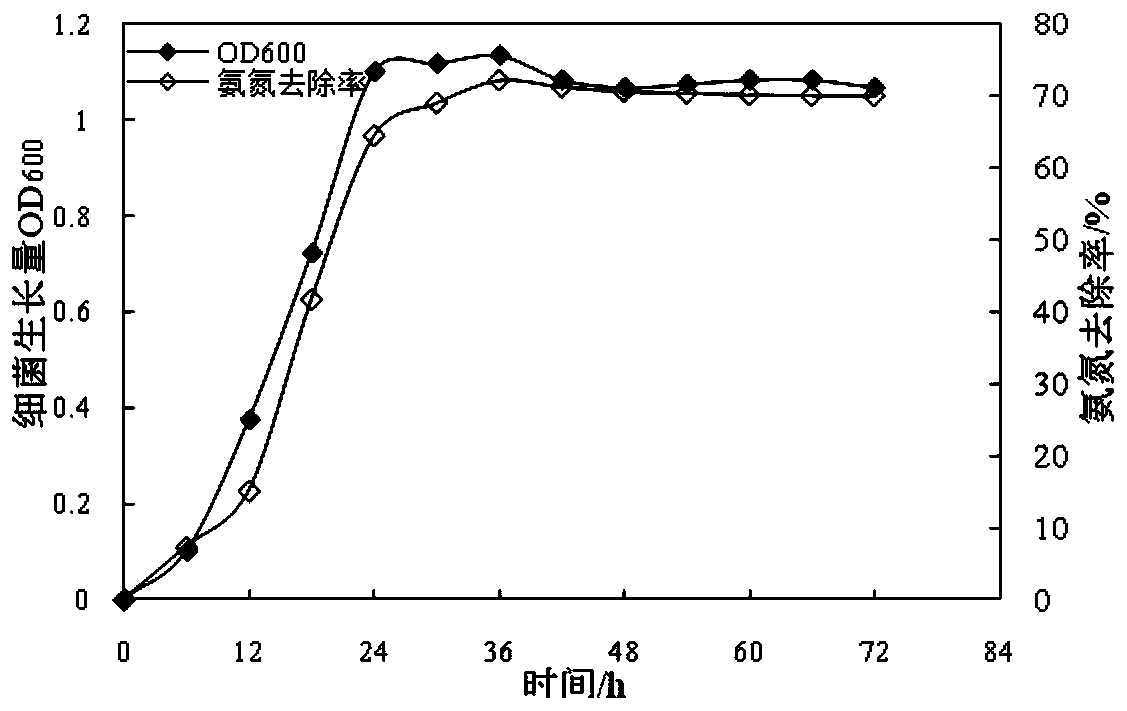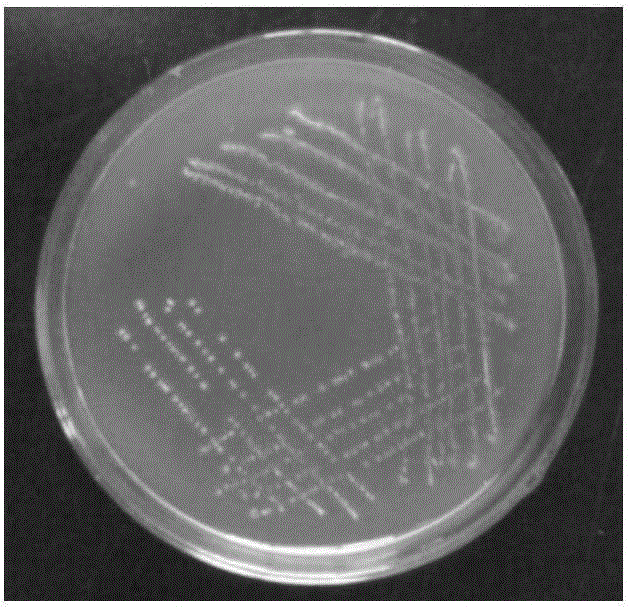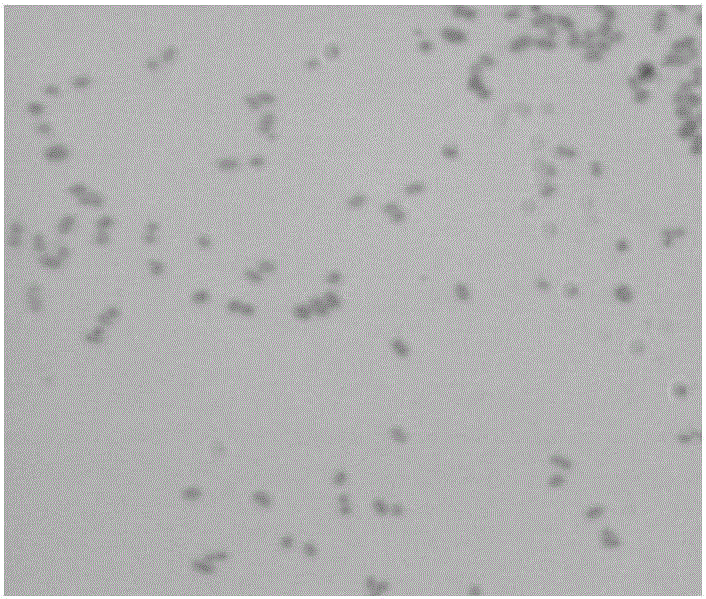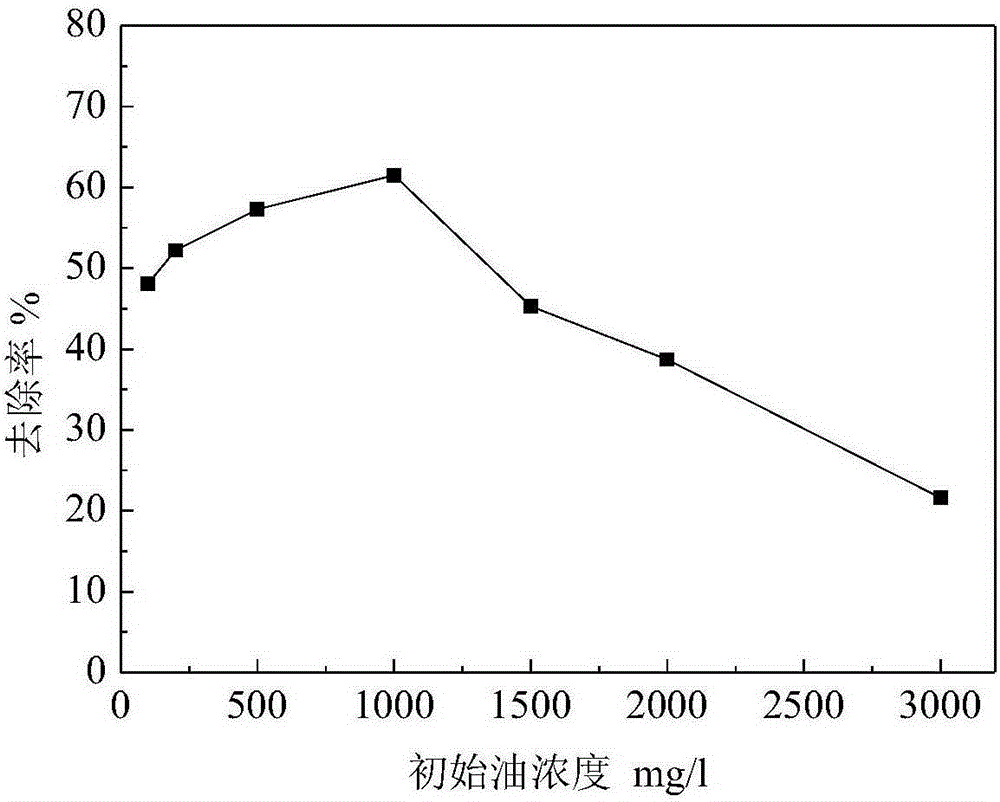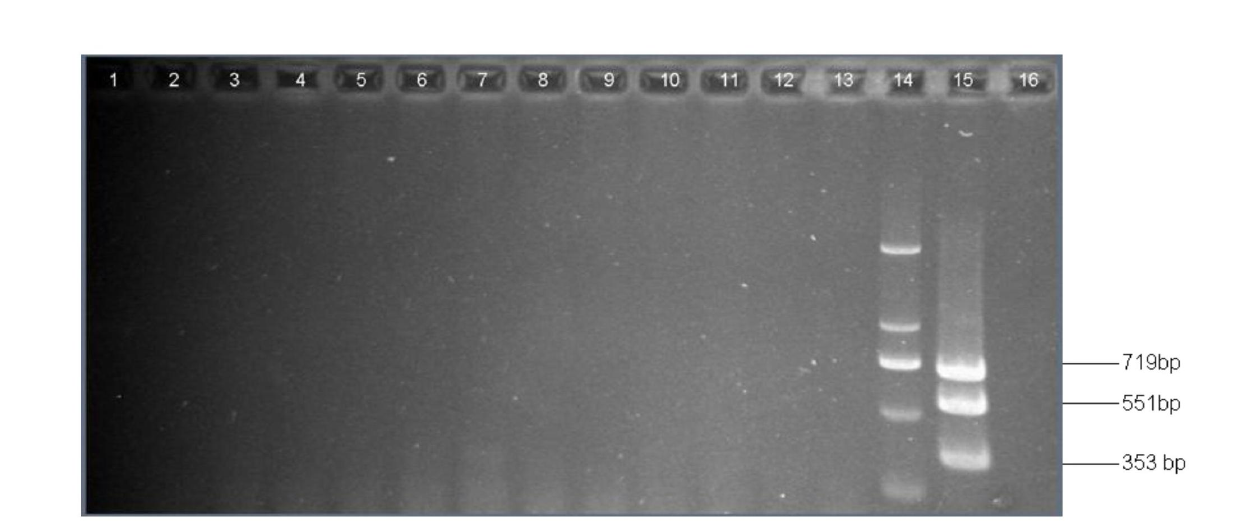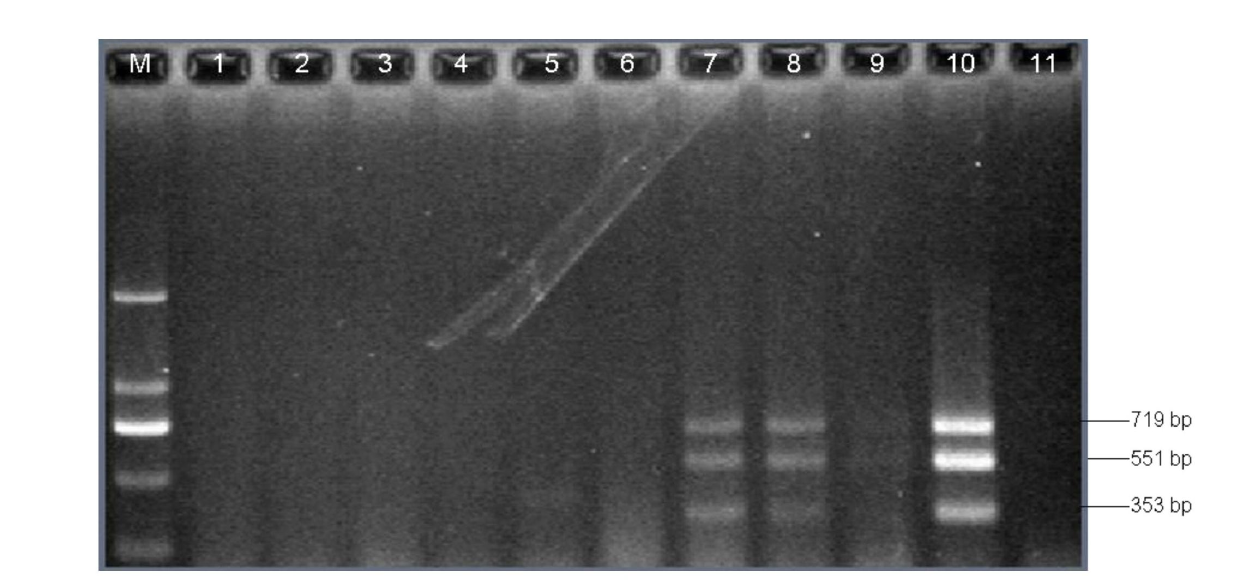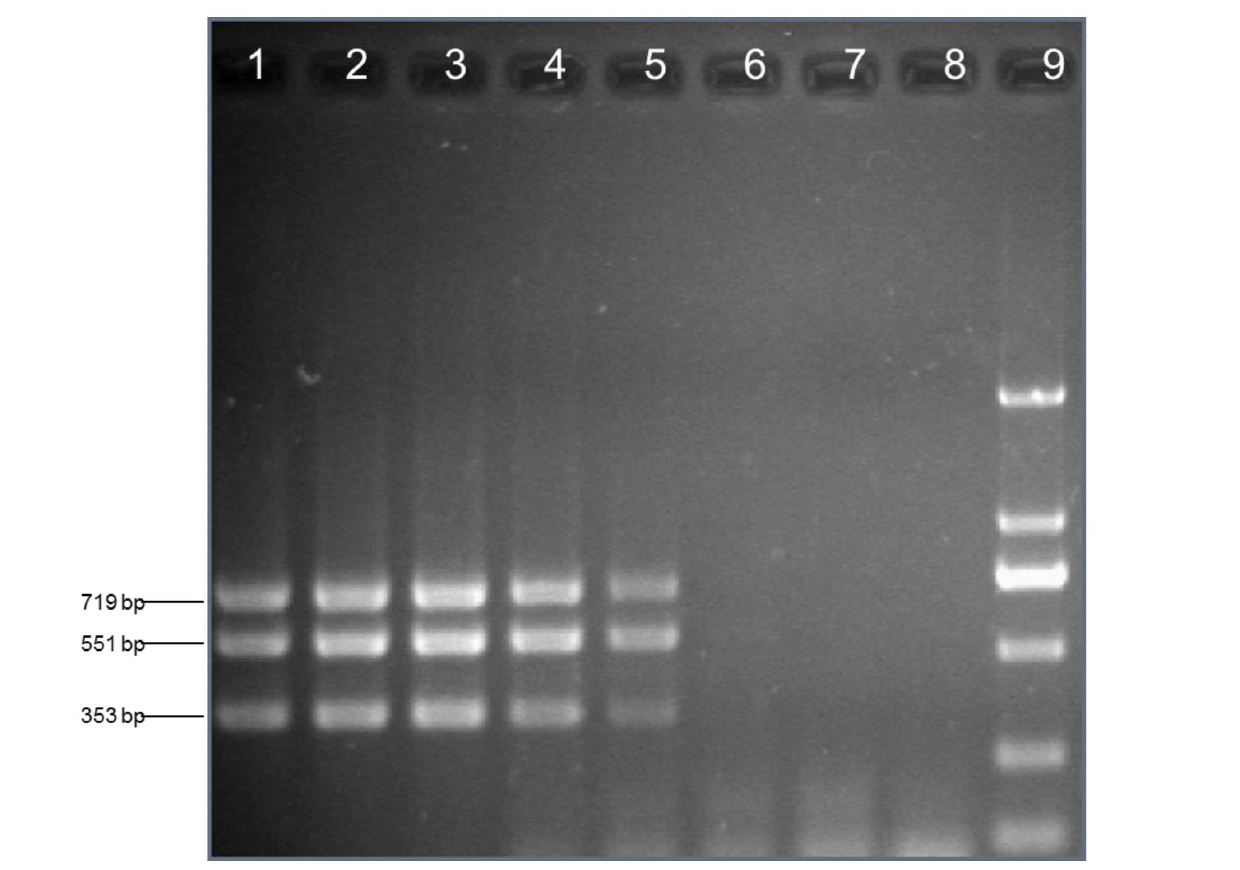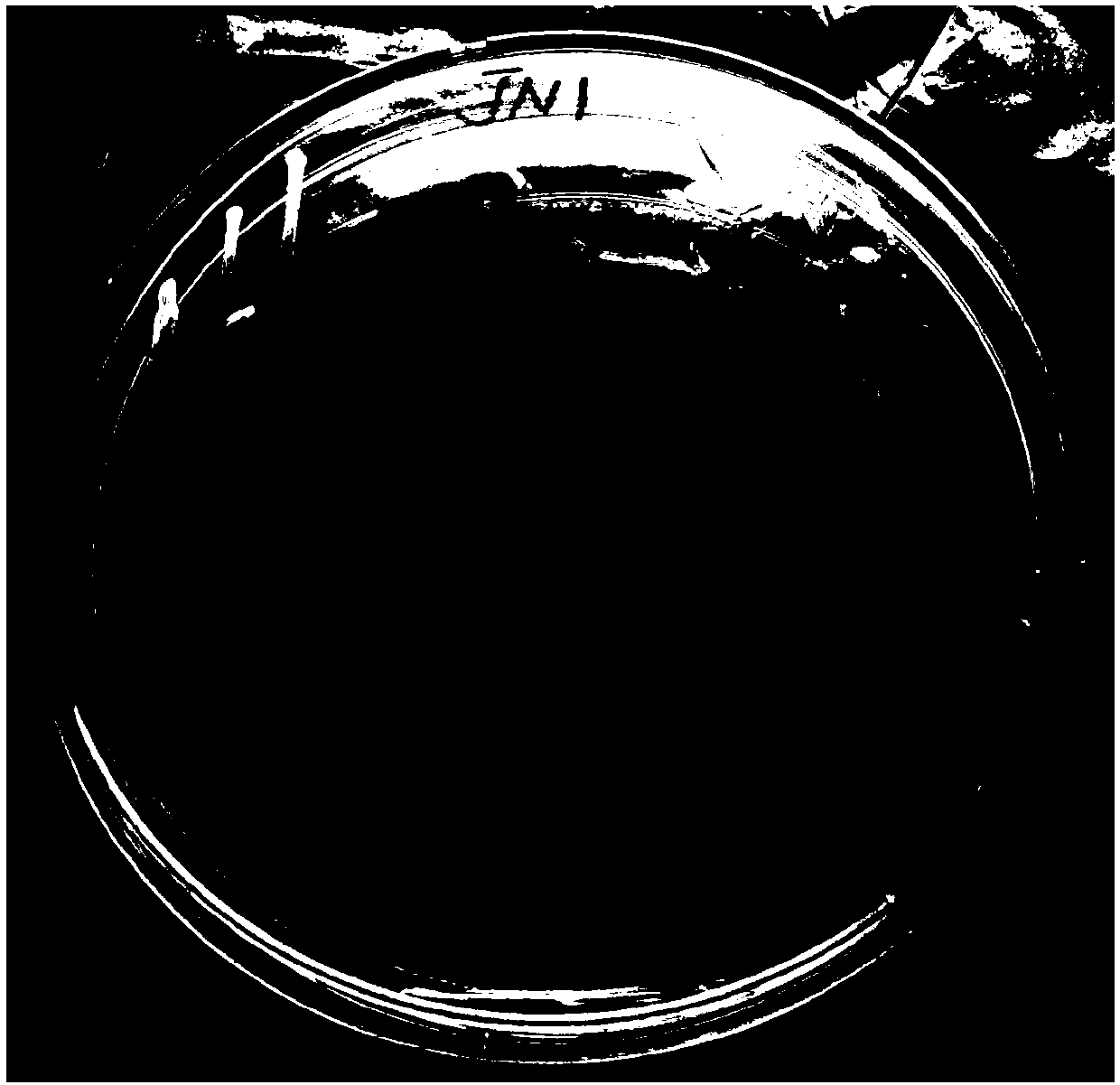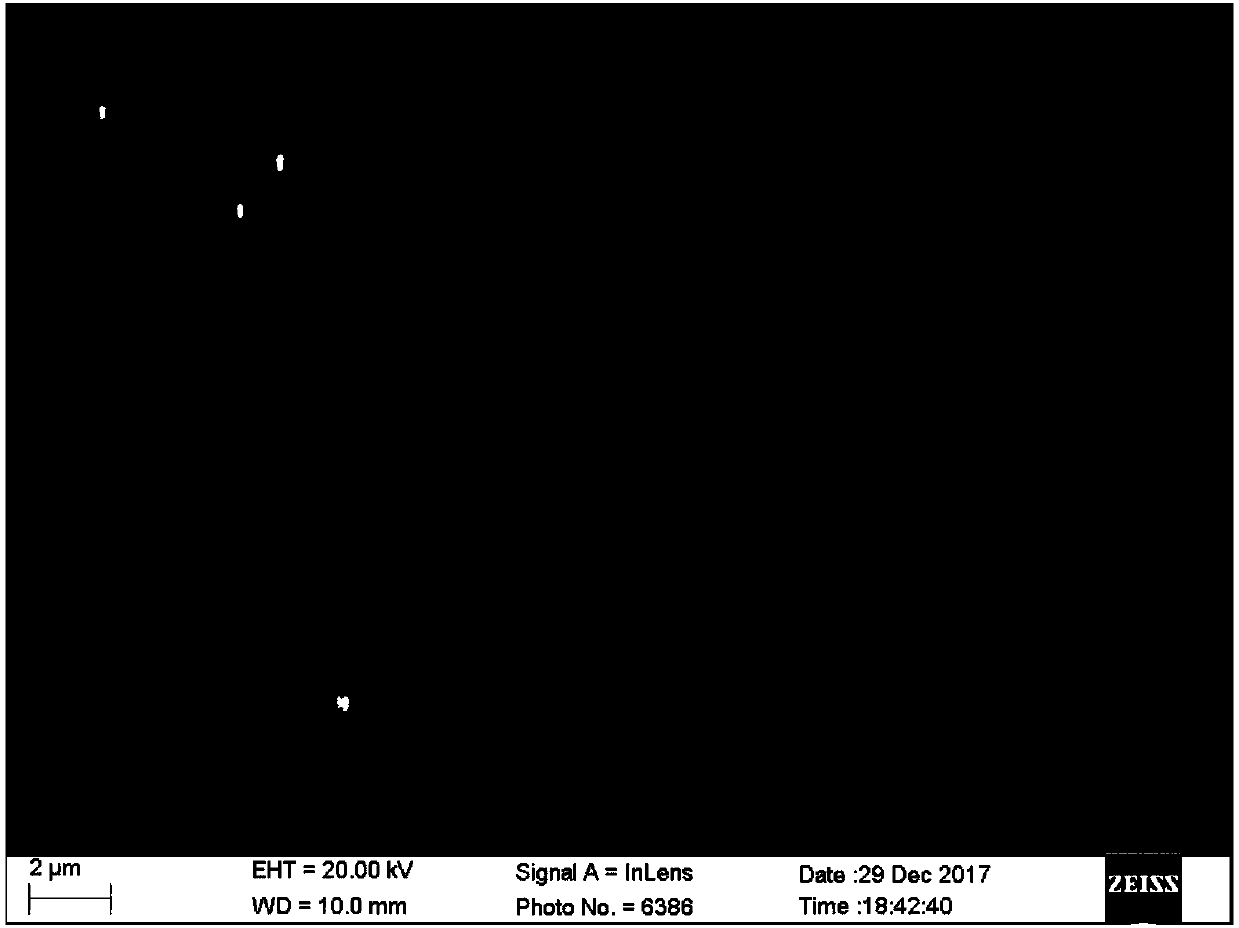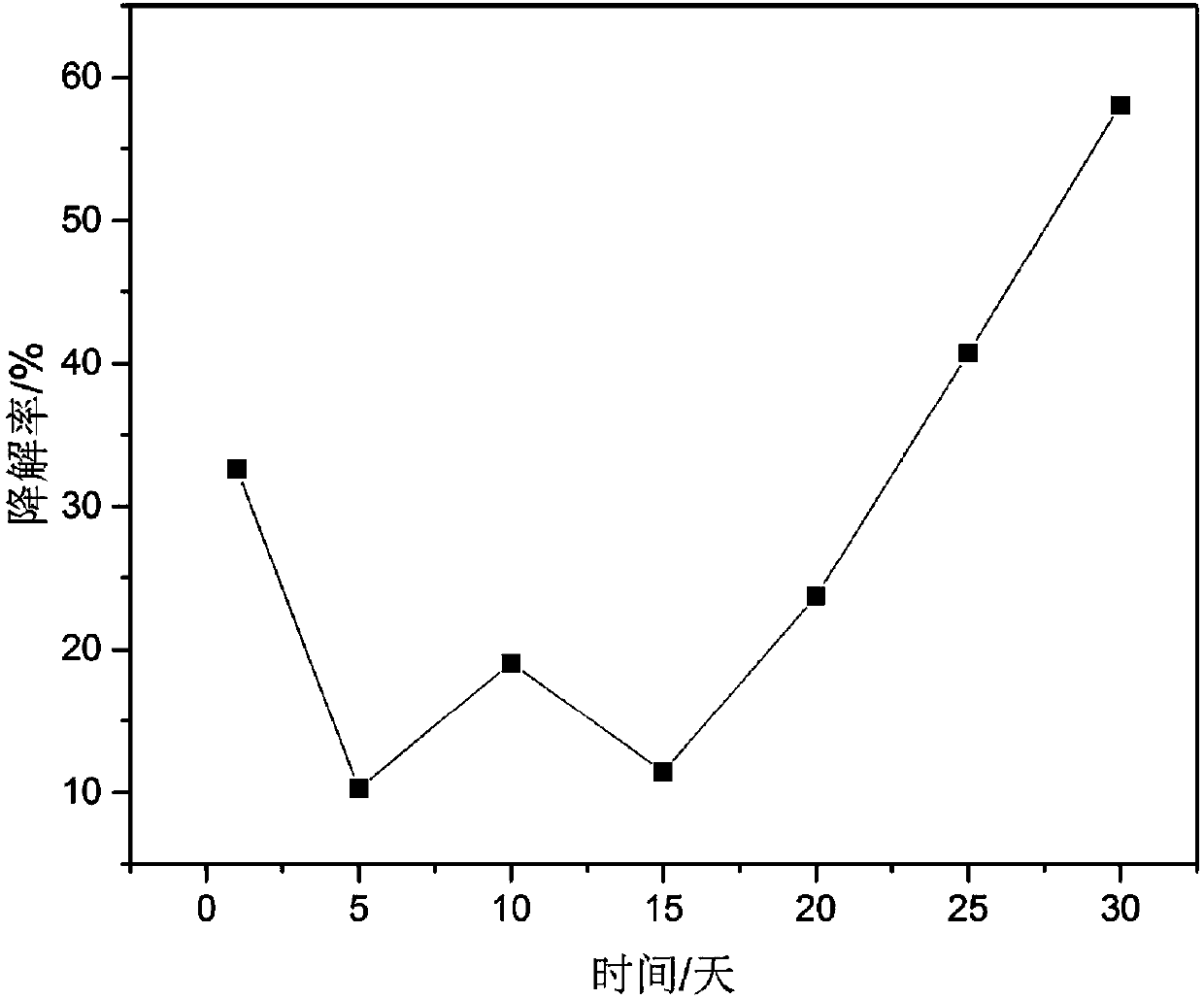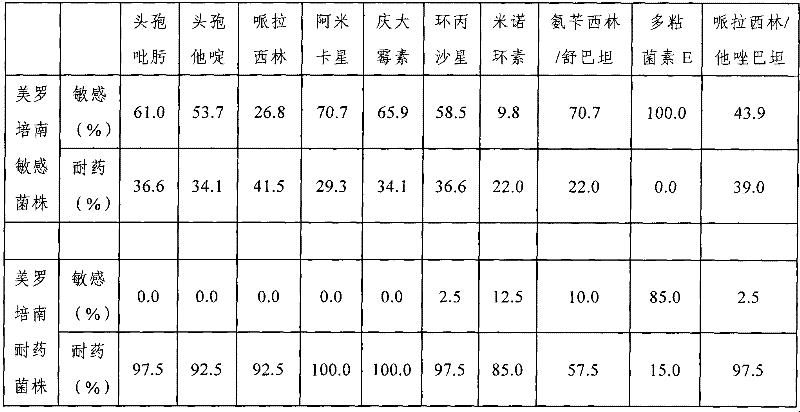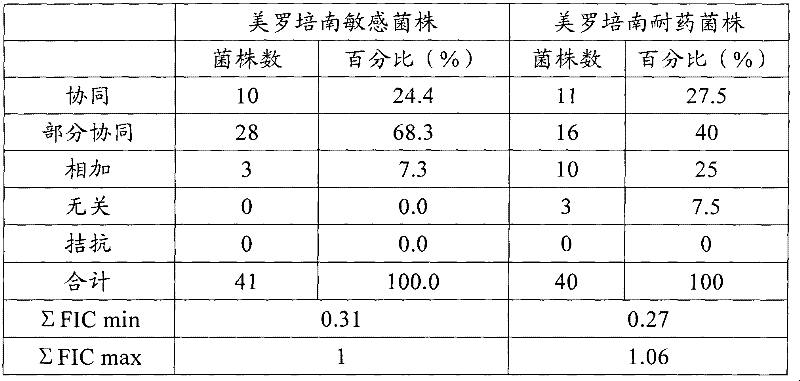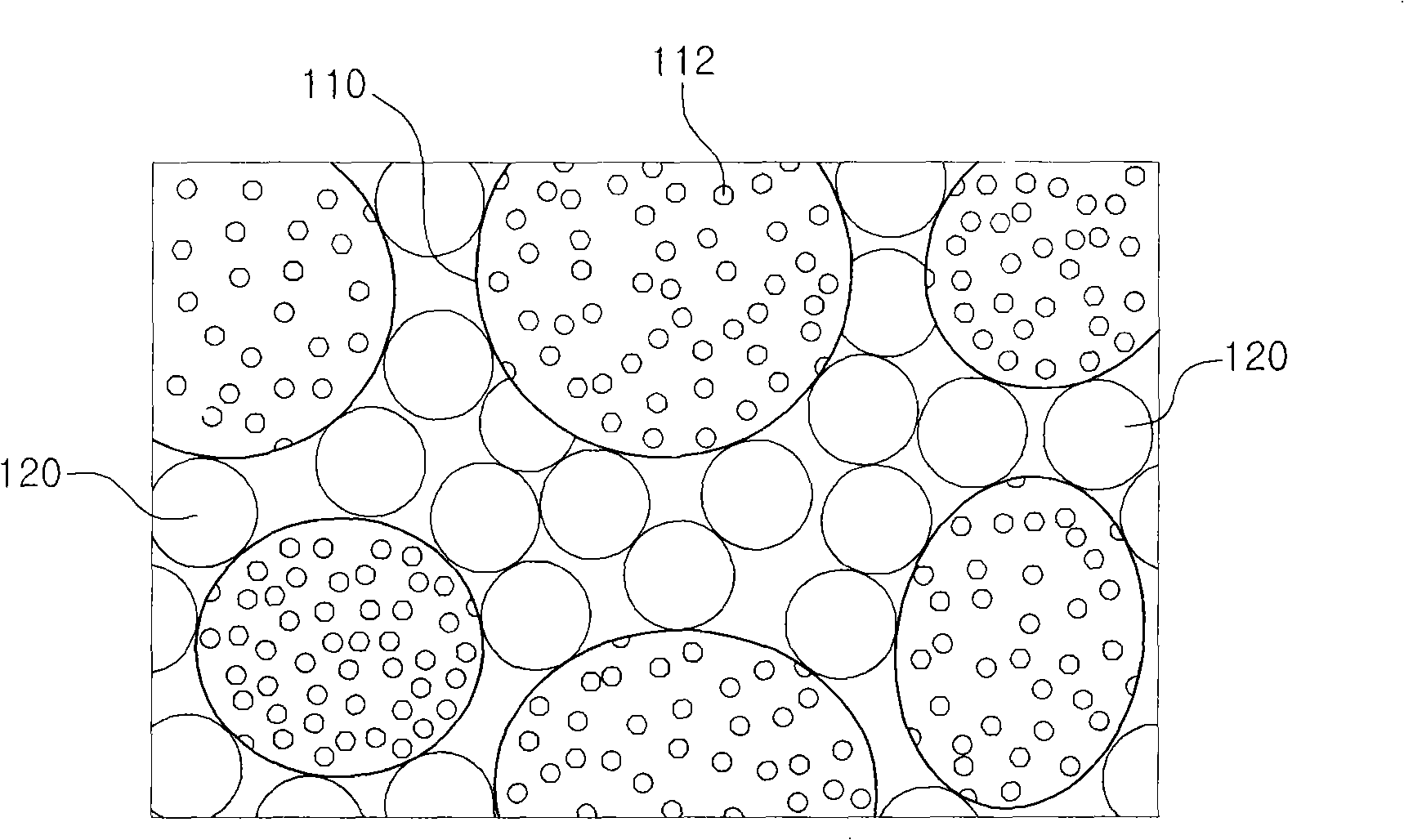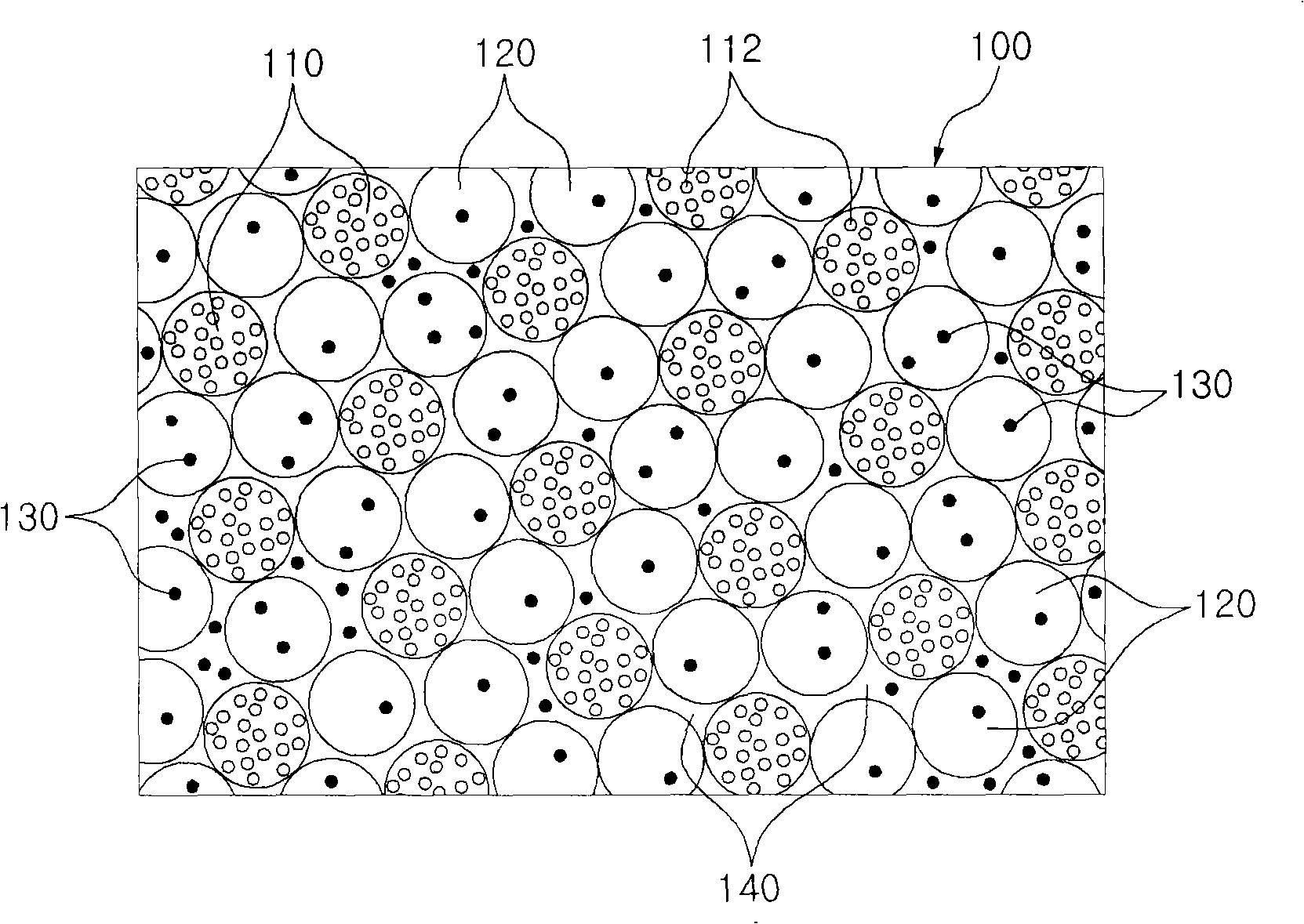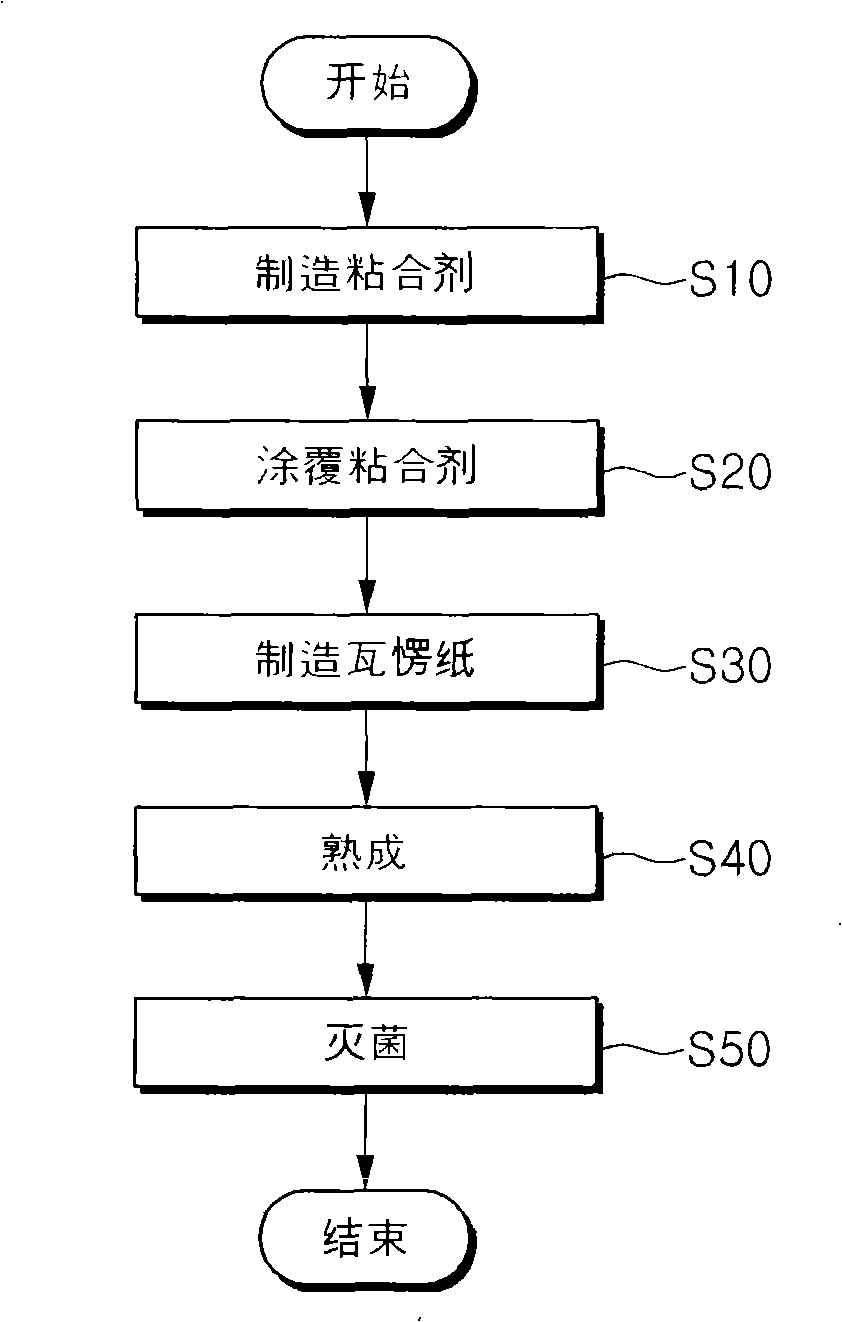Patents
Literature
117 results about "Acinetobacter sp" patented technology
Efficacy Topic
Property
Owner
Technical Advancement
Application Domain
Technology Topic
Technology Field Word
Patent Country/Region
Patent Type
Patent Status
Application Year
Inventor
General information about Acinetobacter. Acinetobacter [asz−in−ée−toe–back−ter] is a group of bacteria commonly found in soil and water. While there are many types or “species” of Acinetobacter and all can cause human disease, Acinetobacter baumannii [asz−in−ée−toe–back−ter boe-maa-nee-ie] accounts for about 80% of reported infections.
Method for deleting drug resistant genes of acinetobacter baumannii (AB) through CRISPR-Cas9
InactiveCN106544353ASensitivity reversalEasy to operateVectorsMicroorganism based processesBacteroidesMulti drug resistant
The invention discloses a method for deleting drug resistant genes of acinetobacter baumannii (AB) through CRISPR-Cas9. The method comprises the steps that firstly, AB is collected clinically, and drug resistance analysis and statistics are conducted after the AB is subjected to drug resistance measurement through a drug sensitive slip method; secondly, the multi-drug resistant AB is subjected to DNA extraction through a lysis-boiling method, and then amplification analysis is conducted by mean of well designed drug resistant gene primers of the AB; and thirdly, according to drug resistant gene detection in the former step, the AB containing an OXA-23 gene is selected, CRISPR / Cas9 and sgRNA plasmids are established and transferred into the AB containing the OXA-23 gene, an OXA-23 gene deletion AB mutant strain is established, and drug resistance analysis is conducted on the OXA-23 gene deletion AB mutant strain. The method is easy to operate and high in knocking-out efficiency, and a novel method and a novel concept are provided for preventing spreading of the drug resistant genes and treating drug resistant bacteria.
Owner:GENERAL HOSPITAL OF NINGXIA MEDICAL UNIV
Novel bacterial strain for highly effective degradation of chrysanthemum ester and organophosphorus pesticide and uses thereof
The invention pertains to the technical field of biologic degrading for chemical pesticide, and relates to a bacterial strain that can efficiently degrade Pyrethroid, Organophosphorus and vermectins pesticides and the application of the bacterial strain. The bacterial strain is an Acinetobacter sp. JCX22D bacterial strain, the biologic fature of the bacterial strain is Gram's negative, free from flagella, in form of short rod, is of esterase and lipase activity, free from oxidase activity, and can take use glucose and fructose. The bacterial strain is resistant to Ampicillin and low-concentration Spectinomycin and nalectin, and not resistant to rifamide. The degrading efficiency of the bacterial straine is more than 72% for high-efficiency cypermethrin, cyhalothrin, decamethrim, bifenthrin pesticid, is more than 70% for diazinon, parathion-methyl, phoxime and chlorpyrifos, and is 90% for vermectins. The bacterial strain can be used for biologically degrading above pesticides, and biologically recovering or cleaning any water body, soil and agricultural products that are polluted by pesticides.
Owner:许雷
Air purifying material of microorganism absorption degradation, preparation method and applications thereof
InactiveCN101554485AGood purification effectHigh viability of immobilized cellsMicroorganism based processesDeodrantsAir cleaningPollutant
The invention discloses an air purifying material of microorganism absorption degradation, a preparation method and applications thereof. The air purifying material of microorganism absorption degradation is obtained by embedding biological grains with 2 to 4mm grain diameter of pseudomonades or acinetobacter which are cultured and acclimatized in a crosswise way in calcium alginate gel. The air purifying material of microorganism absorption degradation can be used in the long time purification of formaldehyde and benzene series pollution in rooms with obvious effect. The product has the advantages of high activity of immobilized cells, good stability, effectively reducing the content of chemical pollution of formaldehyde and benzene series pollution in rooms, being beneficial for realizing the recycling, regenerating and reusing of biocatalysts, and seriously avoiding the pollution to room environment by microorganisms. The raw material has low cost, the preparation process is simple, easy and convenient in operation, and product can be applied in different reactors.
Owner:TIANJIN UNIV
Acinetobacter and application thereof
ActiveCN101818123AReduce contentImprove usabilityBacteriaTobacco treatmentBacterial strainNicotine concentration
The invention discloses an Acinetobacter and application thereof. Production bacterial strain liquid is fermented and cultured to form corresponding preparation. The Production bacterial strain is the Acinetobacter (Acinetobacter sp.ND12); and the bacterial strain was preserved in China General Microbiological Culture Collection Center on November 5, 2009, and a preservation number is CGMCC No.3410. The bacterial strain has stronger nicotine degradation capacity and nicotine toxicity resistance capacity, and can be grown at the nicotine concentration of 3.5g / L; and by large-scale culturing of the bacterial strain, the pure nicotine can be degraded by using a whole cell of the bacterial strain as a biocatalyst, and meanwhile the content of the nicotine in tobacco is also reduced. The Acinetobacter and the application thereof have the advantages of capacities of adjusting the content of the nicotine in the tobacco raw material, improving availability of the tobacco, degrading the nicotine in smoke dust, reducing pollution of the nicotine to environment and the like.
Owner:HONGYUN HONGHE TOBACCO (GRP) CO LTD
Acinetobacter sp. and preparation method of acinetobacter sp. agent
ActiveCN103756947AEasy to prepareEase of mass productionBacteriaWater contaminantsIndustrial waste waterNitrogen gas
The invention discloses acinetobacter sp. and a preparation method of an acinetobacter sp. agent. According to the technical scheme, the provided acinetobacter sp. Y[3] is collected in the China Center for Type Culture Collection (CCTCC) on September 25, 2013, has a collection number of CCTCC NO:M2013445 and is heterotrophic nitrification bacteria; the acinetobacter sp. agent is prepared by inoculating the acinetobacter sp. Y[3] into a nitrification culture medium and fermenting for enlargement culture. The preparation method of the agent is simple and easy for large-scale production. The acinetobacter sp. can smoothly have a nitrification reaction in higher-concentration phenol-containing industrial wastewater and have simultaneous nitrification and denitrification reactions by taking phenol as a carbon source to convert ammonia nitrogen and organic nitrogen into nitrogen gas without nitrite nitrogen accumulation, achieves simultaneous efficient degradation of ammonia nitrogen and phenol in the wastewater, and has a good application prospect in the biological denitrification process of the phenol-containing industrial wastewater.
Owner:WUHAN UNIV OF SCI & TECH
Acinetobacter strain and application thereof to degradation of zearalenone
InactiveCN102559555APromote degradationLow costBacteriaAnimal feeding stuffZeranolMicrobiological culture
The invention discloses an acinetobacter strain and application thereof to degradation of zearalenone. The acinetobacter strain disclosed by the invention is Acinetobacter sp. SM04, and is preserved in the China General Microbiological Culture Collection Center on December 5th, 2011, and the preservation number is CGMCC No. 5524. The Acinetobacter sp. SM04 disclosed by the invention has stronger degradation capability towards mycotoxins ZEN, can degrade more than 98% of zearalenone into low-estrogenic-activity product within 36 hours, cannot produce high-estrogenic-activity analogues such as zearalenone and zeranol, and has real detoxification capability. The acinetobacter strain can be applied to the treatment of corn grains, corn alcohol residues or other mycotoxin contaminated feed, so that safe food and animal feed are obtained, and further, a zearalenone degradation strain which has low cost and high efficiency and avoids secondary pollution is provided for the environment-friendly processing and treatment of the grains and feed.
Owner:SOUTH CHINA UNIV OF TECH
Bacteria capable of removing organic matter and ammonia nitrogen in micro-polluted water source water under low temperature and aerobic condition, and screening and taming method
InactiveCN101503665ANo accumulationBacteriaTreatment using aerobic processesWater sourceScreening method
The invention discloses bacteria capable of synchronously removing organic substances and ammonia nitrogen in water of a slightly polluted water source under low-temperature and aerobic conditions and a screening and domesticating method, which relate to bacteria and a screening and domesticating method and solve the problem that the prior bacteria are unsuitable for treating the slightly polluted water source as well as low temperature treatment. The bacteria SRA10 of the invention are acinetobacter lwoffi which belong to acinetobacter baumannii and are preserved in China General Microbiological Culture Collection Center on January 19th, 2009, with a preservation number of CGMCC No.2889. The screening method comprises the following steps: I, separating and purifying; II, preparing bacterial solution; III, screening and cultivating a bacterial solution; IV, screening and cultivating a bacterial solution with a live strain; V, repeating the step IV for 1 to 2 times, and stepwise domesticating the live strain; and VI, taking a bacterial solution of the domesticated strain, and rescreening the bacterial solution to obtain the bacteria. The bacteria obtained by screening and domesticating can process water of the slightly polluted water source under a condition of a low temperature of 2 to 10 DEG C.
Owner:HARBIN INST OF TECH
Acinetobacter and application of acinetobacter in removal of nitrogen and phosphorus from wastewater
InactiveCN105586294AWide range of temperature adaptationImprove removal rateBacteriaMicroorganism based processesMicroorganismWastewater
The invention discloses acinetobacter with functions of heterotrophic nitrification-aerobic denitrification and phosphorus accumulation and an application of the acinetobacter in removal of nitrogen and phosphorus from wastewater. The strain is acinetobacter sp. WZUF26 and is preserved in CGMCC (China General Microbiological Culture Collection Center) in the register serial number CGMCC NO.9045. The proper temperature at which the strain removes nitrogen and phosphorus in the nitrogen-phosphorus wastewater is 15-30 DEG C, and the strain has a wide temperature adaptation range; under appropriate conditions, the removal rates of the strain for NH4<+>-N, NO3<->-N, NO2<->-N and P in artificial nitrogen-phosphorus sewage are 8.16 mg / (L*h), 6.02 mg / (L*h), 10.76 mg / (L*h) and 0.39 mg / (L*h) respectively, and the strain has a high removal rate. The strain can synchronously remove nitrogen and phosphorus in the same reactor under an aerobic condition and has great application potential in removal of nitrogen and phosphorus in actual wastewater.
Owner:WENZHOU UNIVERSITY
Acinetobacter sp.Bap30 capable of effectively degrading benzo(a)pyrene and application thereof
InactiveCN102174445AImprove degradation rateBacteriaWater contaminantsSaccharumMicroorganism resource
The invention discloses a bacterium for degrading benzo(a)pyrene and application thereof. The bacterium is acinetobacter sp.Bap30, CGMCC No.4586. The strain can grow with benzo(a)pyrene as the unique carbon source and energy, undergoes shake culture at the temperature of 37 DEG C for 20 days in the inorganic salt culture medium with benzo(a)pyrene concentration being 40mg / L and has degradation rate toward benzo(a)pyrene being 28.66%. The degradation rate of the strain toward benzo(a)pyrene can be effectively improved by adding defined amount of co-metabolic carbon sources, such as cane sugar and maltose. When another polycyclic aromatic hydrocarbon phenanthrene is taken as a co-metabolic substrate and exists by being mixed with benzo(a)pyrene, the degradation rate of the strain toward benzo(a)pyrene can be improved to 48.87% and meanwhile, the strain can realize complete removal of phenanthrene. The strain provided by the invention can provide new microorganism resources for degradation of polycyclic aromatic hydrocarbons in the water environment or soil environment.
Owner:PEKING UNIV
Aerobic denitrifying strain and its application
ActiveCN103215202AHeterotrophic nitrificationReduce accumulationBacteriaMicroorganism based processesMicroorganismEutrophication
The invention discloses an aerobic denitrifying strain, which is classified and named as Acinetobacter sp. Strain N2. The strain is preserved in China General Microbiological Culture Collection Center on March 19, 2013, and the preservation number is CCTCC NO: M2013093. The invention also discloses application of the aerobic denitrifying strain. The invention adopts the high efficiency aerobic denitrifying strain screened from a eutrophic lake water body. The strain has a heterotrophic nitrification effect, and can simultaneously remove nitric nitrogen and ammonia nitrogen from the water body. The denitrification process accumulate little nitrite and has no secondary pollution. After expansion culture, the strain can be directly applied to denitrification of lake water, and environment inadaptation of non-indigenous strains can be avoided. Thus, the strain has great application potential in practical engineering.
Owner:NANJING UNIV
Phenol-resistant heterotrophic nitrification-aerobic denitrification strain and applications thereof
InactiveCN103602613ANo accumulationEfficient degradationBacteriaMicroorganism based processesIndustrial waste waterCoking wastewater
The invention relates to a phenol-resistant heterotrophic nitrification-aerobic denitrification strain and applications thereof. The phenol-resistant heterotrophic nitrification-aerobic denitrification strain Y3 provided by the invention belongs to Acinetobacter (Acinetobacter sp.) with a number of Y3; the strain Y3 with a preservation number of CCTCC (China Center for Type Culture Collection) NO: M2013445 is preserved in the CCTCC on September 25, 2013. The strain Y3 is a gram-negative bacterium, and a bacterial colony is milky, neat in edge, circular, and centrally raised. The strain Y3 can convert ammonia nitrogen into nitrogen through heterotrophic nitrification and aerobic denitrification by taking phenol in wastewater as a carbon source without the accumulation of an intermediate product, namely nitrite nitrogen. The strain can resist the industrial wastewater environment with a phenol concentration of 1000 mg / L; through carrying out simultaneous nitrification and denitrification by taking phenol as a carbon source, the simultaneous efficient degradation of ammonia nitrogen and phenol in wastewater is realized. The strain shows good application prospects in biological enhancement treatment of coking wastewater, oil refining wastewater and tar processing wastewater.
Owner:WUHAN UNIV OF SCI & TECH
Heterotrophic nitrifying aerobic denitrifying Acinetobacter and applications thereof
ActiveCN106967628AImprove toleranceStrong growth adaptabilityBacteriaWater contaminantsNitriteNitrate nitrogen
The present invention discloses a heterotrophic nitrifying aerobic denitrifying Acinetobacter and applications thereof, wherein the heterotrophic nitrifying aerobic denitrifying Acinetobacter is Acinetobacter sp. YN-3, has the preservation number of CGMCC No.11366, and can be used for nitrogen-containing water body denitrification. According to the present invention, the Acinetobacter sp. YN-3 can simultaneously resist streptomycin and tetracycline; the heterotrophic nitrifying performance determination results show that the Acinetobacter sp. YN-3 can highly remove ammonia nitrogen while the accumulation of the intermediate products such as nitrate and nitrite is little; and the aerobic denitrifying performance determination results show that the Acinetobacter sp. YN-3 can well remove the nitrate nitrogen, the residual nitrite accumulation is low, and no secondary pollution is generated.
Owner:上海华强环境科技工程有限公司
Immobile bacillus and method for resolving and preparing chiral cyclopentenylone using said bacillus
InactiveCN1408848AHigh catalytic activityHigh stereoselectivityBacteriaFermentationMicroorganismAlcohol
The present invention discloses a kind of immobile bacillus CGMCC0789 and the preparation process of chiral cyclopentenylone with the bacillus. During the preparation, microbe cell with esterase activity or its separated esterase is used as catalyst and fatty ester racemic alcohol ketone is used as material to produce conversion reaction to obtain the mixture of (R)-alcohol ketone fatty ester and(S)-alcohol ketone fatty ester. The mixture is then made to produce sulfonylation and alkali hydrolysis and the final product single (S)-alcohol ketone natipode is collected from the hydrolysate. Thepresent invention has simple technological process, mid reaction condition, bacteria strain with high catalytic activity and stereo selectivity, and the product (S)-alcohol ketone has optical purity over 90%.
Owner:EAST CHINA UNIV OF SCI & TECH
Preparation method and application of high-efficiency aerobic denitrification phosphorus-accumulating organism immobilized spheres
ActiveCN109956563AEasy to handleLow costSustainable biological treatmentTreatment with microorganism supports/carriersSewageBackflow
The invention discloses a preparation method and application of high-efficiency aerobic denitrification phosphorus-accumulating organism (DPAO) immobilized globules. The method comprises the followingsteps: 1) employing high-efficiency aerobic DPAO, named as Acinetobacter sp., belonging to acinetobacter, and having the preservation number of CGMCC No.17456; 2) selecting aerobic DPAO with preserved slopes, inoculating the aerobic DPAO into a liquid LB culture medium, and carrying out shake cultivation to obtain a bacterial suspension; and 3) embedding the bacterial suspension with a sodium alginate solution to obtain the immobilized spheres. The immobilized spheres are added into domestic sewage according to the adding amount of 20-60 g / l for nitrogen and phosphorus removal treatment, thenitrogen removal rate exceeds 80%, and the phosphorus removal rate exceeds 90%. The object for embedding the spheres is a single strain, and the embedding material is only sodium alginate. According to the process, nitrification liquid backflow is unnecessary, synchronous nitrogen and phosphorus removal can be achieved, the treatment effect is high, the operation process is simple, the productioncost is low, and popularization is easy.
Owner:SOUTHWEST JIAOTONG UNIV
Acinetobacter johnsonii LP28 and method for preparing low-temperature alkali lipase by using acinetobacter johnsonii
InactiveCN101603017AEffective generationWide variety of sourcesBacteriaHydrolasesMicroorganismProteinase activity
The invention relates to acinetobacter johnsonii LP28 and a method for preparing low-temperature alkali lipase by using the acinetobacter johnsonii. The strain is preserved in CGMCC, the preservation number is CGMCC 3069, and the homology of a 16S rDNA sequence of the strain and DQ257426 is as high as 100 percent. The method for preparing the low-temperature alkali lipase comprises the following steps: (1) screening bacterial strains; (2) seed cultivation; (3) fermentation and cultivation; and (4) separation and purification. The acinetobacter johnsonii LP28 is from the soil polluted by oil in a saline and alkaline land of Tianjin Bohai Bay, the enzyme production is stable, the raw material source is wide, and the production cost is low; and the obtained low-temperature alkali lipase has good stability for additive components of a washing agent such as surfactant, oxidant, protease and the like, and can be used as enzyme added into the washing agent to be applied in the industry of the washing agent.
Owner:TIANJIN UNIVERSITY OF SCIENCE AND TECHNOLOGY
Application of elsholtzia volatile oil in sterilizing and/or anti-bacteria and antibiotic resistant bacteria and preparation method thereof
The invention discloses application of elsholtzia volatile oil in anti-bacteria and antibiotic resistant bacteria. The elsholtzia volatile oil is extracted by steam distillation. The elsholtzia volatile oil has certain functions of killing and / or inhibiting growth on bacteria of staphylococcus, escherichia coli, candida, pseudomonas, enterobacter, streptococcus and the like and fungi. The elsholtzia volatile oil has certain functions of killing and / or inhibiting growth on bacteria of drug-resistant staphylococcus, drug-resistant escherichia coli, drug-resistant enterobacter, drug-resistant klebsiella, drug-resistant pseudomonas, drug-resistant acinetobacter, drug-resistant streptococcus, and drug-resistant enterococcus and the like. The elsholtzia volatile oil can be used in industries offood, medicine, health care products, cosmetics and the like and can be used for preparing various forms of products with antibacterial and antibiotic resistant bacteria functions, and belongs to thenew application field of the elsholtzia volatile oil.
Owner:JIANGXI UNIVERSITY OF TRADITIONAL CHINESE MEDICINE
Acinetobacter as well as preparation method and application of acinetobacter
InactiveCN104630112AGood effectShorten the timeBacteriaWater contaminantsDyeing wastewaterTerephthalic acid
The invention relates to acinetobacter which is classified to be Acinetobacter sp.T1 and is collected with the number of China center for type culture collection (CCTCC) NO.M2014558 in CCTCC on November 9th, 2014. The acinetobacter is applied to degradation of terephthalic acid in printing and dyeing wastewater. The acinetobacter disclosed by the invention is better in degradation performance for terephthalic acid in the printing and dyeing wastewater, higher in application value, high in degradation efficiency, short in required time, better in degradation effect under an aerobic condition and wider in application range.
Owner:SHAOXING HEQIAO JIANGBIN WATER TREATMENT
Bacterium and chondrosulphatase ABC generated by same
ActiveCN105802875AIncrease vitalityImprove stabilityBacteriaMicroorganism based processesBacteroidesSludge
The invention belongs to the biotechnical field, and provides a bacterium and chondrosulphatase ABC generated by same. The invention relates to acinetobacter (Acinetobacter sp.C26) from intertidal zone sludge. The bacterial strain has the characteristics of being simple in nutritional condition, easy to culture and short in generation time; and chondrosulphatase produced by the bacterial strain has the characteristics of being high in activity, good in stability and low in cost, can realize large-scale culture and meets industrial application.
Owner:OCEAN UNIV OF CHINA
Application of lactobacillus reuteri in preventing and relieving ulcerative colitis
ActiveCN112646744AImprove toleranceReduce abundanceMilk preparationBacteriaUlcerative colitisDisease activity
The invention discloses application of lactobacillus reuteri in preventing and relieving ulcerative colitis, and belongs to the technical field of functional microorganisms. Lactobacillus reuteri CCFM1135 can tolerate the gastrointestinal environment of a human body, significantly reduce the disease activity index during the ulcerative colitis, improve colon mucosal injury, reduce MPO activity, reduce the content of proinflammatory factors TNF-alpha, IL-6 and IFN-gamma in colon, up-regulate the transcription level of colon tight junction related proteins Claudin-3, ZO-1, ZO-2 and Occludin, up-regulate the transcription levels of colon antibacterial peptides Reg3g and Reg3b, improve the diversity of intestinal flora, and reduced the relative abundance of acinetobacter in excrement.
Owner:JIANGNAN UNIV
Acinetobacter sp. for degrading polycyclic aromatic hydrocarbon and application of acinetobacter sp.
The invention belongs to the biotechnical field and discloses acinetobacter sp. W145. The strain is preserved in CCTCC, wherein the preservation number is CCTCC NO: M2014192. The strain disclosed by the invention has an efficient and rapid degradation capacity for phenanthrene, fluoranthene, pyrene and naphthalene and is an excellent material for biologically repairing soil or environments.
Owner:HUAZHONG AGRI UNIV
Acinetobacter bacteria NJAU-3 having functions of phosphate solubilizing and growth promoting, and applications thereof
ActiveCN106591205APromote growthPromote absorptionBiocidePlant growth regulatorsPhosphate16s rdna analysis
The present invention provides a strain of Acinetobacter bacteria NJAU-3 having an effective crop growth promoting function, and applications thereof. According to the present invention, the strain is isolated from the Hebei corn field rhizosphere soil and is classified into the Acinetobacter sp bacteria based on the physiological and biochemical characteristics and the 16S rDNA analysis; the qualitative and quantitative analysis results show that the strain NJAU-3 has strong inorganic phosphorus solubilizing ability; and the seedling raising test results of the biological seedling raising matrix developed by using the strain show that the product developed based on the strain can effectively promote the growth of cucumber plants.
Owner:GENLIDUO BIO TECH CO LTD
Zearalenone (ZEN) toxin degrading enzyme for acinetobacter and coding gene and applications of ZEN toxin degrading enzyme
InactiveCN102618517APromote degradationTrue detox effectHydrolasesMicroorganism based processesActive siteZeranol
The invention discloses a zearalenone (ZEN) toxin degrading enzyme for acinetobacter and a coding gene and applications of the ZEN toxin degrading enzyme. The amino acid sequence of the ZEN toxin degrading enzyme for the acinetobacter is shown by SEQ ID NO.6. The sequence of the coding gene of the ZEN toxin degrading enzyme for the acinetobacter is shown by SEQ ID NO.5. The ZEN toxin degrading enzyme for the acinetobacter performs stronger degrading capacity on mycotoxin ZEN, is capable of degrading at least 90 percent of ZEN into a low-estrogen active product in 12h without generating high-estrogen active analogues, such as ZEN, zeranol and the like, and has a real detoxification effect. According to the invention, the coding sequence of the ZEN toxin degrading enzyme for acinetobacter sp.SM04 is determined, i.e. a Prx gene, and thereby, a foundation is laid for researching the active site of the enzyme and changing the Prx enzyme activity through site-specific mutagenesis in the future.
Owner:SOUTH CHINA UNIV OF TECH
Biomaterial with effects of dissolving algae, degrading algal toxin and removing nitrogen and phosphorus and preparation method and application thereof
ActiveCN110172456AImprove degradation efficiencyStrong environmental toleranceMicroorganism based processesOn/in organic carrierActivated carbonEnvironmental chemistry
The invention discloses a biomaterial with the effects of dissolving algae, degrading algal toxin and removing nitrogen and phosphorus, and a preparation method of the biological material. An activated carbon fiber-Acinetobacter sp. composite material is taken as a core, and the surface of the activated carbon fiber-Acinetobacter sp. composite material is coated with a chitosan-calcium alginate polymer by self-assembly; the activated carbon fiber-acinetobacter composite material is a composite material obtained by taking activated carbon fiber as an immobilized carrier to load Acinetobacter sp.; the chitosan-calcium alginate polymer is porous polymer sol formed by bonding and cross-linking chitosan and calcium alginate. The biomaterial can dissolve algae cells, degrade algal toxin, and remove nitrogen and phosphorus at the same time, furthermore has the advantages of high degradation efficiency, environmental friendliness, strong environmental tolerance, good stability, reusability, good storage, and the like, and can effectively solve the problems of cyanobacteria bloom and algal toxin pollution caused by water eutrophication.
Owner:CENT SOUTH UNIV
Heterotrophic nitrifying bacterium for low-temperature sewage denitrification and application thereof
The invention discloses a heterotrophic nitrifying bacterium for low-temperature sewage denitrification and an application thereof, which belong to the field of environmental microorganism and water treatment biological denitrification. The invention aims to solve the problem of low denitrification efficiency of low-temperature sewage. The low-temperature nitrifying bacterium belongs to acinetobacter and is preserved in China General Microbiological Culture Collection Center of No.3, Yard 1, West Beichen Road, Chaoyang District, Beijing, the preservation date is October 25, 2019, and the preservation number is CGMCC No.18736. The strain provided by the invention is obtained by screening from a biological rotating disc mud sample of a sewage treatment plant in winter, can effectively removeammoniacal nitrogen in sewage under a low-temperature condition, can be directly used for denitrification of a water body in winter after amplification culture, and has relatively great application potential.
Owner:BEIJING UNIV OF CHEM TECH
Petroleum hydrocarbon degradation bacterium and application thereof
InactiveCN105219674AIncrease vitalityPromote degradationBacteriaWater contaminantsEcological environmentBacterial strain
The invention relates to a petroleum hydrocarbon degradation bacterium and application thereof. The petroleum hydrocarbon degradation bacterium is identified to belong to Acinetobacter sp, named as Acinetobacter.Bill, and preserved in China General Microbiological Culture Collection Center with the preservation number of CGMCC No.10283. BLAST retrieval comparison of the sequence of the bacterial strain in Genbank discovers that the sequence is highly homologous with the gene sequence of Acinetobacter sp bacterial strain. The bacterial strain of the petroleum hydrocarbon degradation bacterium is favorable in growth in a culture medium taking petroleum hydrocarbon as the only carbon source, has a favorable degradation effect on petroleum hydrocarbon, and meanwhile, has favorable adaptive capacity to salinity. The petroleum hydrocarbon degradation bacterium produced according to the technical scheme can efficiently degrade petroleum hydrocarbon in the environment to protect the ecological environment.
Owner:HARBIN ENG UNIV
Multiple touchdown PCR (polymerase chain reaction) detection kit of acinetobacter baumannii
InactiveCN102653793AHigh sensitivityMicrobiological testing/measurementMicroorganism based processesPositive controlMolecular diagnostic techniques
The invention discloses a multiple touchdown PCR (polymerase chain reaction) detection kit capable of quickly detecting acinetobacter baumannii in lower respiratory tract specimens, belonging to the technical field of molecular diagnosis of infectious diseases of lower respiratory tracts and aiming to solve quick diagnosis of acinetobacter baumannii in lower respiratory tract specimens. The kit comprises 10*PCR buffer solution, MgCl2, dNTP, TaqDNA polymerase, BSA (bovine serum albumin), acinetobacter baumannii positive control DNA and three pairs of acinetobacter baumannii primers. The invention discloses the multiple touchdown PCR detection kit and a detection method capable of detecting acinetobacter baumannii and adopts agarose gel electrophoresis to detect the PCR products. The multiple touchdown PCR detection kit and the detection method have the advantages of quickness, simpleness and convenience, specificity and sensitivity and can be used for quick diagnosis and epidemiological survey of acinetobacter baumannii infection.
Owner:JIANGSU UNIV
Degradation strain JN1 of petroleum hydrocarbons in oily sludge and application thereof
ActiveCN108034626APromote degradationOptimize the microbial systemBacteriaMicroorganism based processesSludgePetroleum oil
The invention discloses an efficient degradation strain JN1 of petroleum hydrocarbons in oily sludge and application thereof, and belongs to the technical field of biological restoration. The degradation strain JN1 is preserved in CGMCC (China General Microbiological Culture Collection Center), has the preservation number of CGMCC NO.14972, and has the classification number of Acinetobacter sp.. The purpose of the strain JN1 with the petroleum hydrocarbon degradation function is the oily sludge control performed in a petroleum hydrocarbon degradation mode. The degradation rate of a single strain of the bacterium in 30 days on the TPH in the oily sludge is 58.05 percent; the most proper degradation conditions of the bacterium on petroleum contaminants are the follows: the temperature is 25to 50 DEG C and the pH value is 5 to 7. The biological method is used for the restoration technology of the oily sludge, and has the advantages of high efficiency, low cost, environment-friendly effect and the like.
Owner:PEKING UNIV
Anti-Acinetobacter baumannii drug combination and application thereof
The invention provides an anti-Acinetobacter baumannii drug combination and an application thereof. The drug combination contains meropenem and sulbactam with the weight ratio of meropenem to sulbactam being 1:2-4. The invention is designed by a checkerboard method. The synergetic antibacterial effect of the combined use of meropenem and sulbactam to carbapenems sensitive and drug resistant Acinetobacter baumannii is found by broth microdilution detection. As shown in the test result, no matter meropenem drug resistant strain or meropenem sensitive strains, most of them show a synergetic and partly synergetic effect to the combined use of meropenem and sulbactam and the strains which show a synergetic effect account for 25%.
Owner:LIVZON PHARM GRP INC
Porous adhesive for corrugated cardboard and method of manufacturing corrugated cardboard using the same
InactiveCN101294050AAdded sterilization stepsMechanical working/deformationStarch adhesivesMicroorganismAdhesive
Disclosed is a porous adhesive for corrugated cardboard, including sticky starch and porous zeolite, in which microscopic holes to be joined with the microscopic holes in zeolite are formed in starch, thereby maintaining the freshness of food products stored in a corrugated cardboard box and efficiently eliminating remaining agricultural chemical components. Also, a method of manufacturing corrugated cardboard using the porous adhesive is provided. The porous adhesive for corrugated cardboard is obtained by blending a mixture, including 68.5-79.5 wt% corn starch, 20-30 wt% zeolite powder having the same particle size to that of the corn starch, and 0.5-2 wt% microorganism-containing yellow soil, caustic soda and a box hardener, with water. The zeolite powder and the corn starch have a particle size of 300-350 meshes.; The microorganisms contained in yellow soil are selected from the group consisting of Bacillus sp., Acinetobacter sp., Pseudomonas sp., and mixtures thereof.
Owner:金洙成
Method for degrading pyrethrins pesticide by magnetic polyurethane foam plastic immobilized cell
The present invention belongs to a plant magnetism polyurethane foam plastic immobilized microorganism cell and the technology field of the biological degradation chemical pesticide, and relates to the magnetic immobilization to a strain cell which highly and effectively degrades the pyrethroid pesticide. The bacterial strain is acinetobacter (Acinetobacter sp.) JCX22D strain, which uses botanical wastes as polymerization material, and Fe 3 O 4 as a magnetic component, a cold curing technology is adopted to perform the immobilization of the strain cell, and the immobilized cell can be recycled through adding the magnetic field. The degradation efficiency of the immobilized cell to highly effective cypermethrin, lamba cyhalothrin and bifenthrin is more than 70 percent, the degradation efficiency to naled, methyl parathion, phoxim and chlorpyrifos is over 60 percent, and the degradation efficiency to avermectins is 85 percent. The magnetic immobilized cell can be used for the biolobical repair or biological purification of a water body polluted by the pesticide.
Owner:许雷
Features
- R&D
- Intellectual Property
- Life Sciences
- Materials
- Tech Scout
Why Patsnap Eureka
- Unparalleled Data Quality
- Higher Quality Content
- 60% Fewer Hallucinations
Social media
Patsnap Eureka Blog
Learn More Browse by: Latest US Patents, China's latest patents, Technical Efficacy Thesaurus, Application Domain, Technology Topic, Popular Technical Reports.
© 2025 PatSnap. All rights reserved.Legal|Privacy policy|Modern Slavery Act Transparency Statement|Sitemap|About US| Contact US: help@patsnap.com
